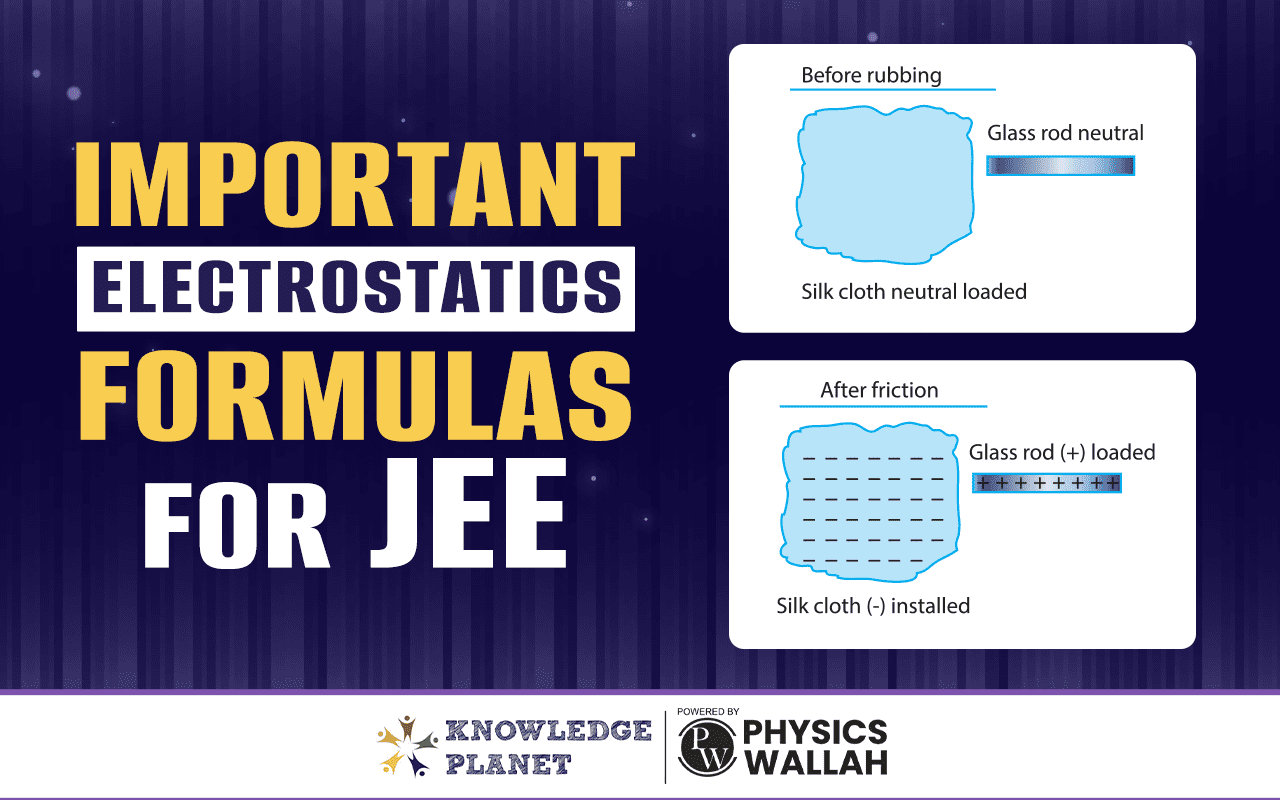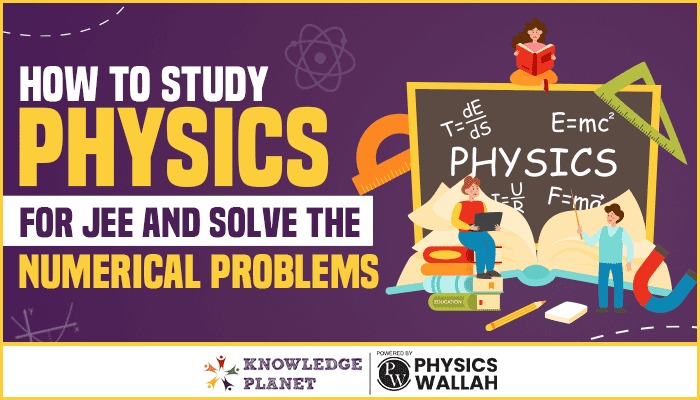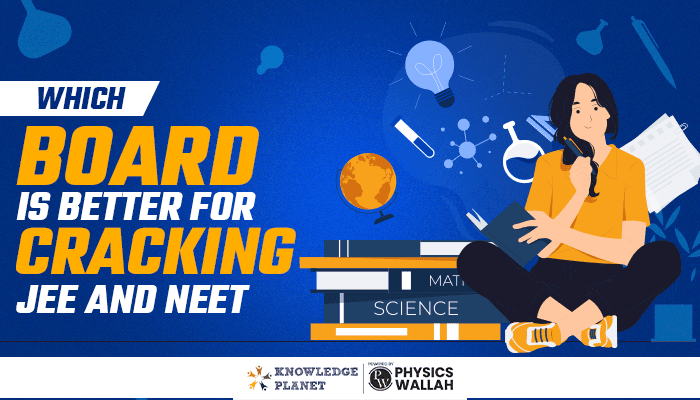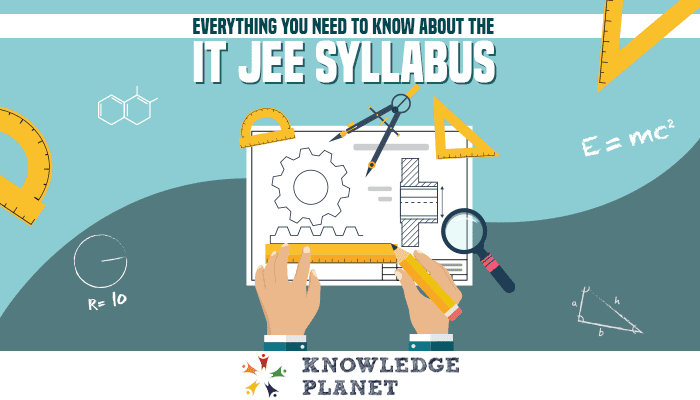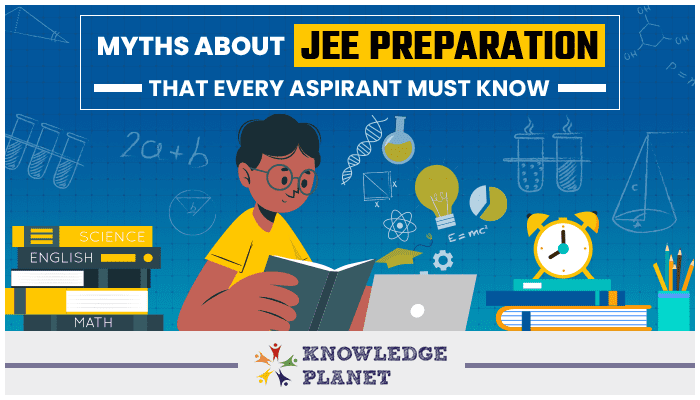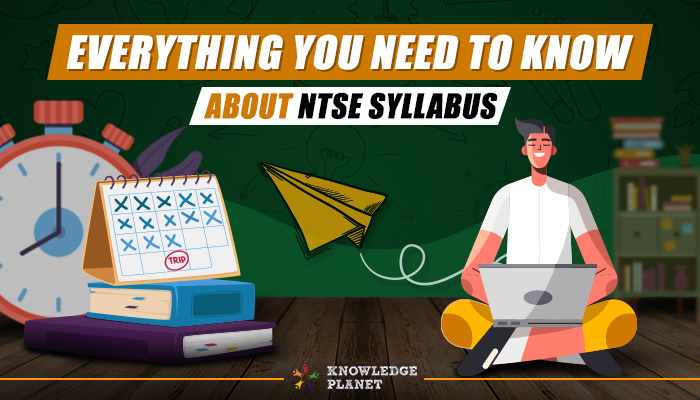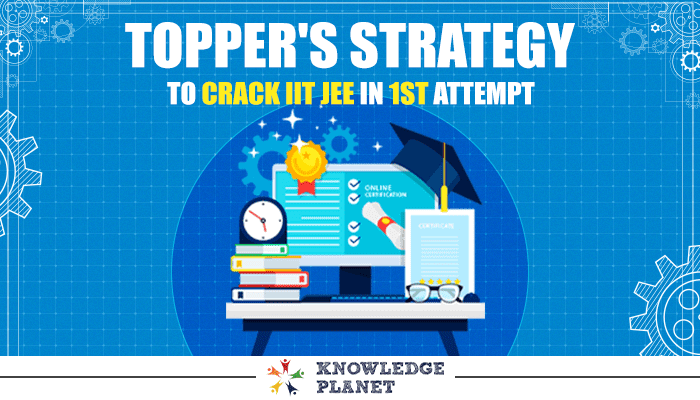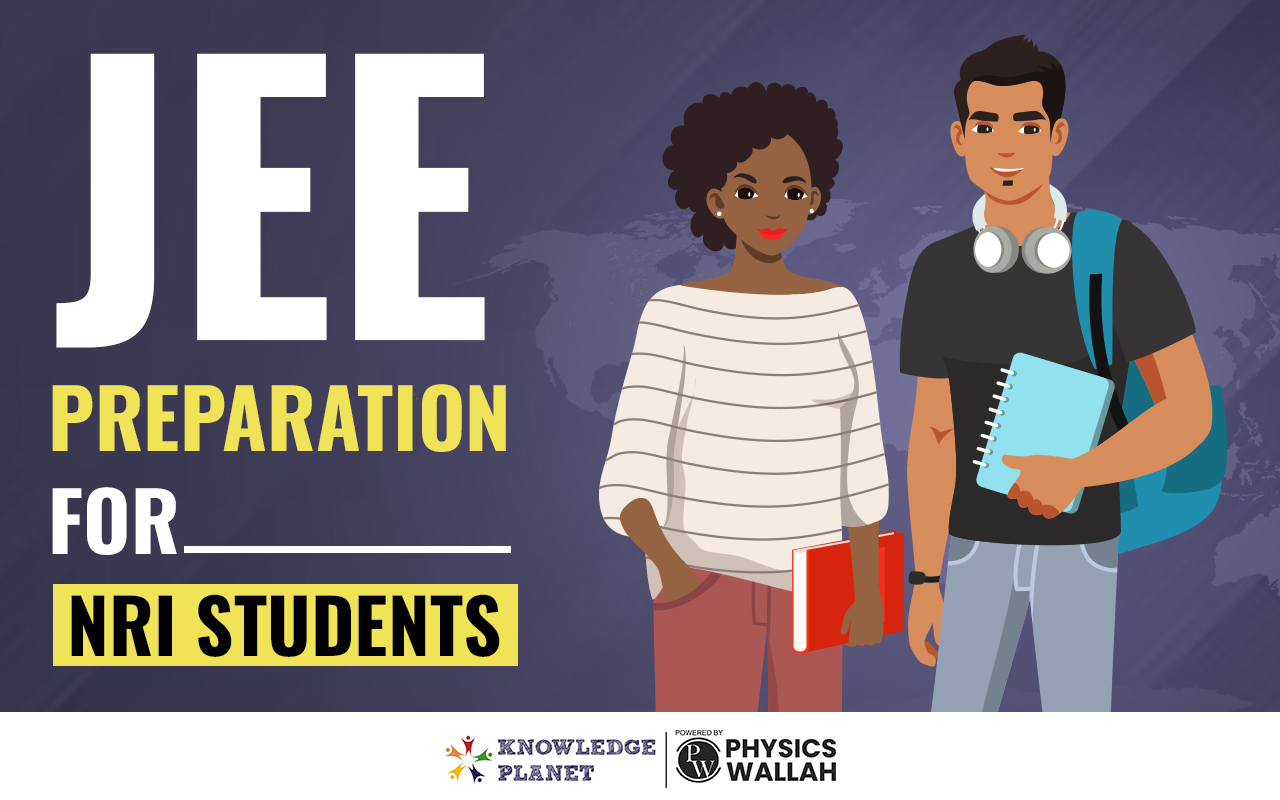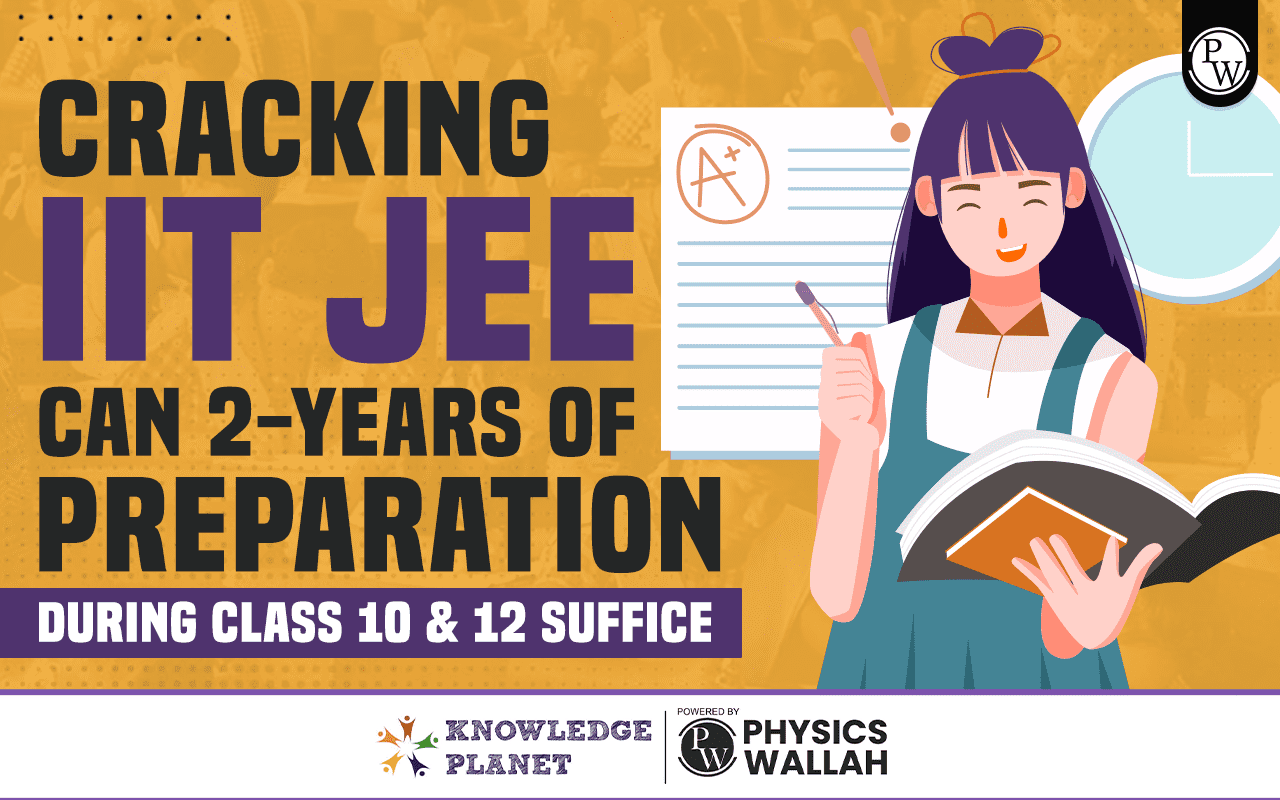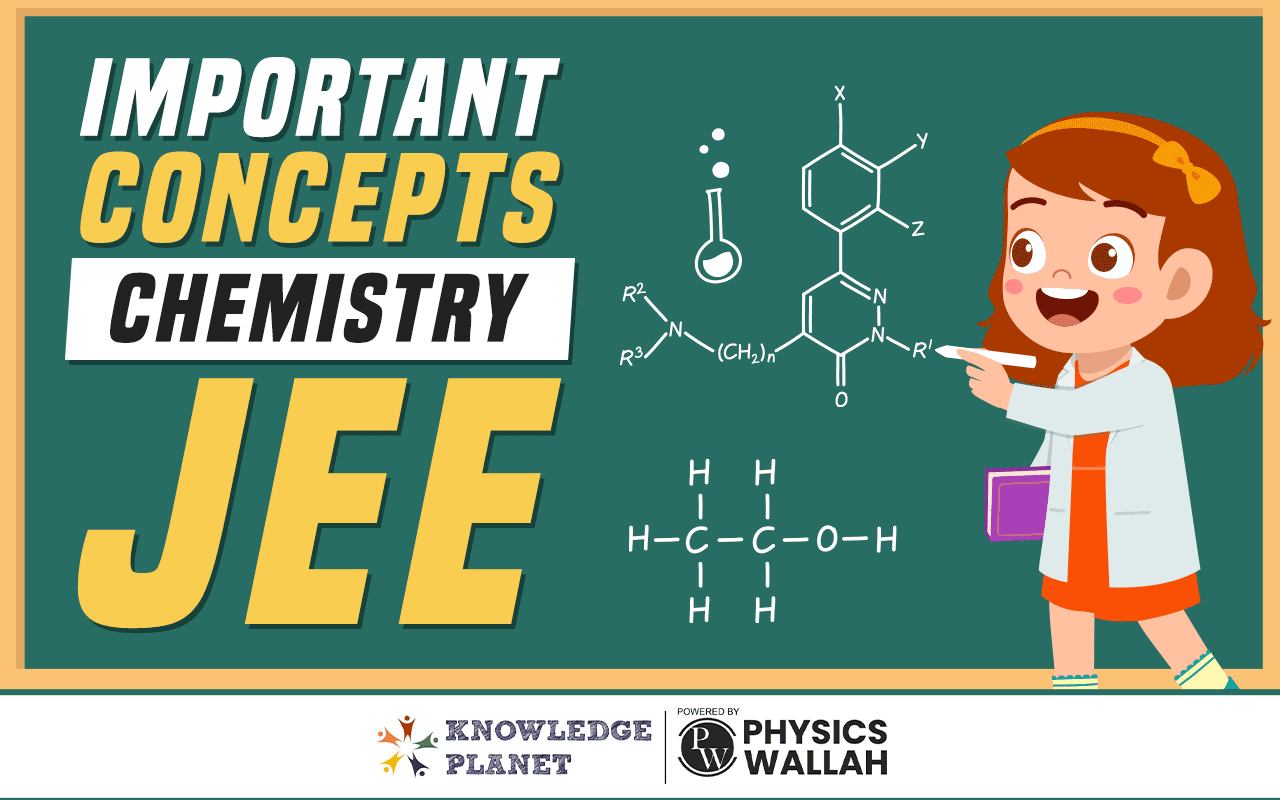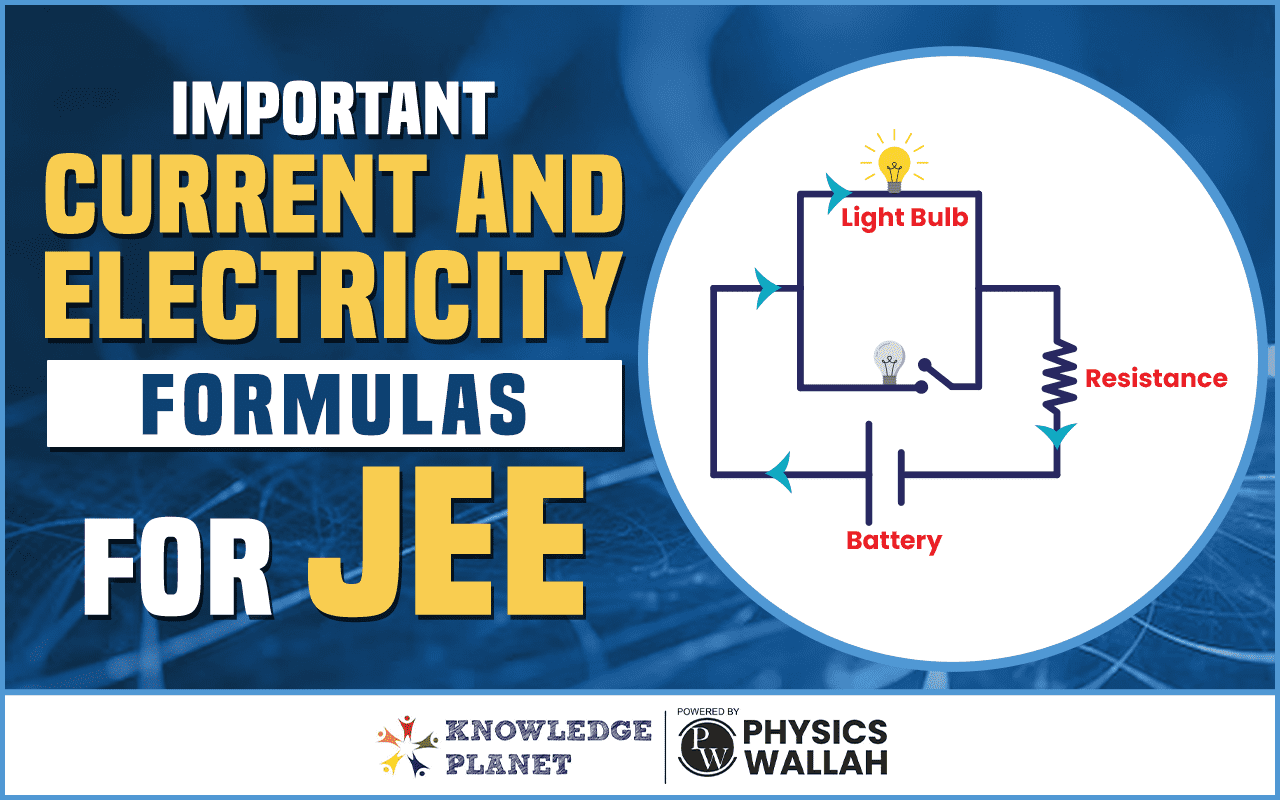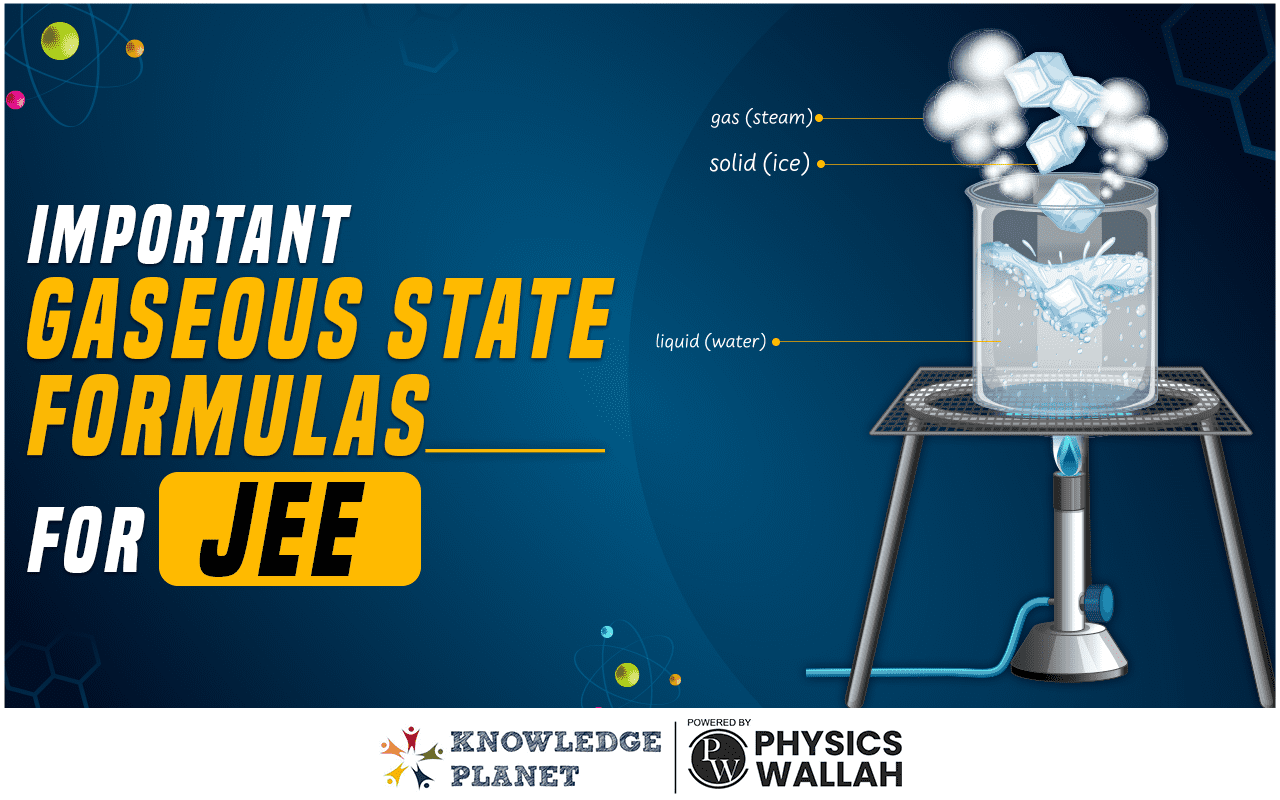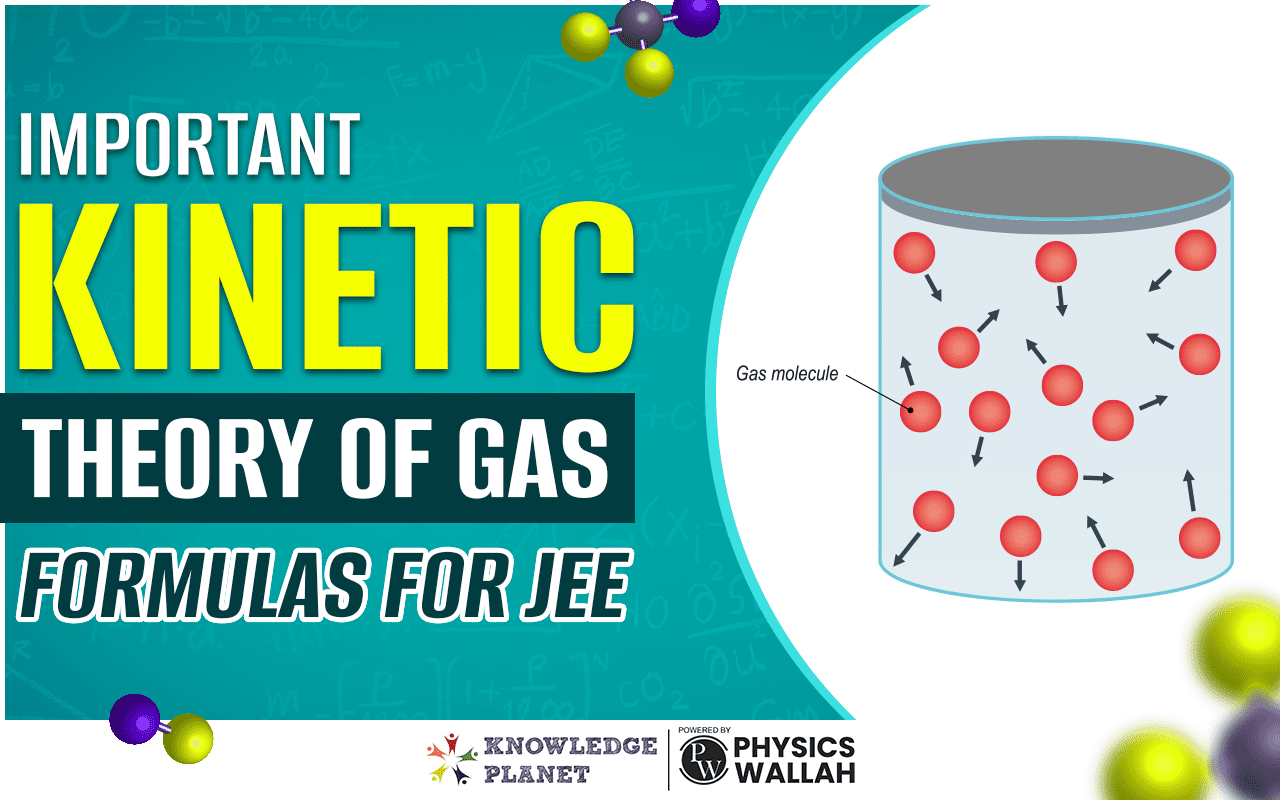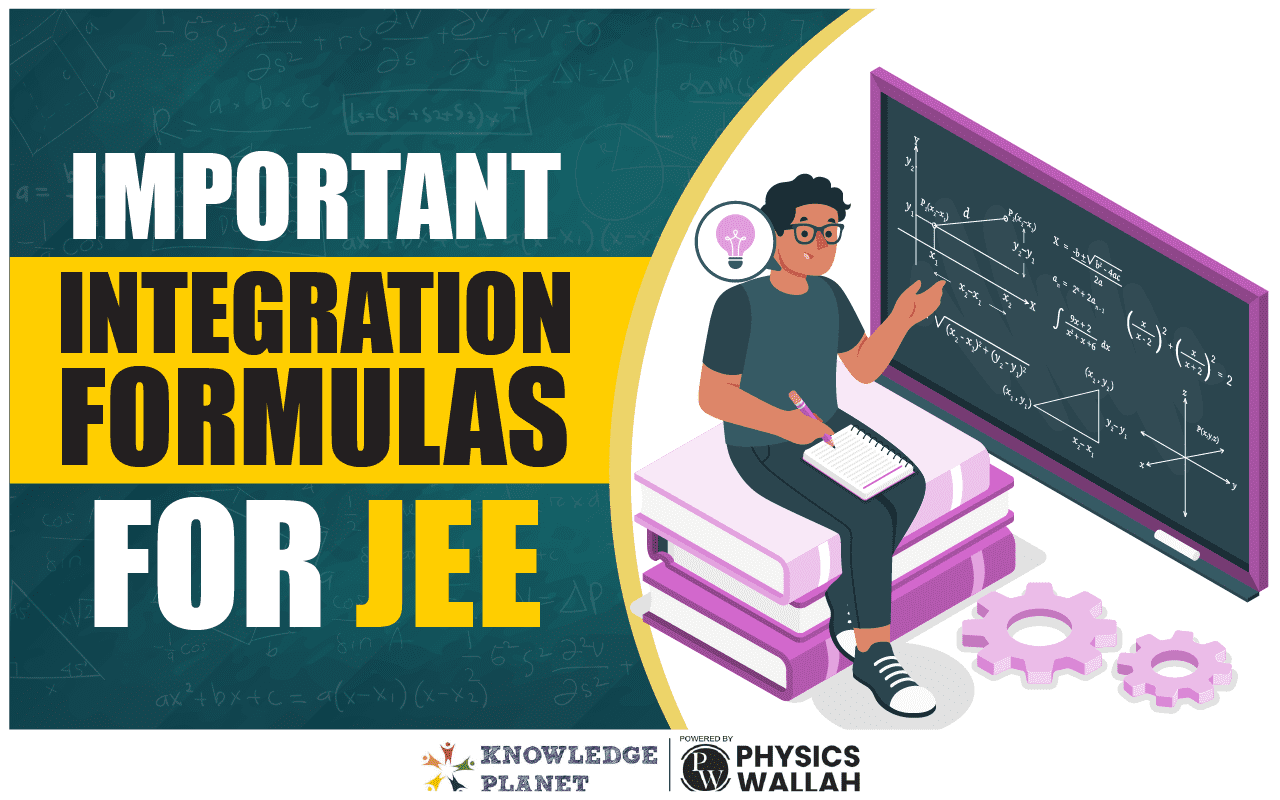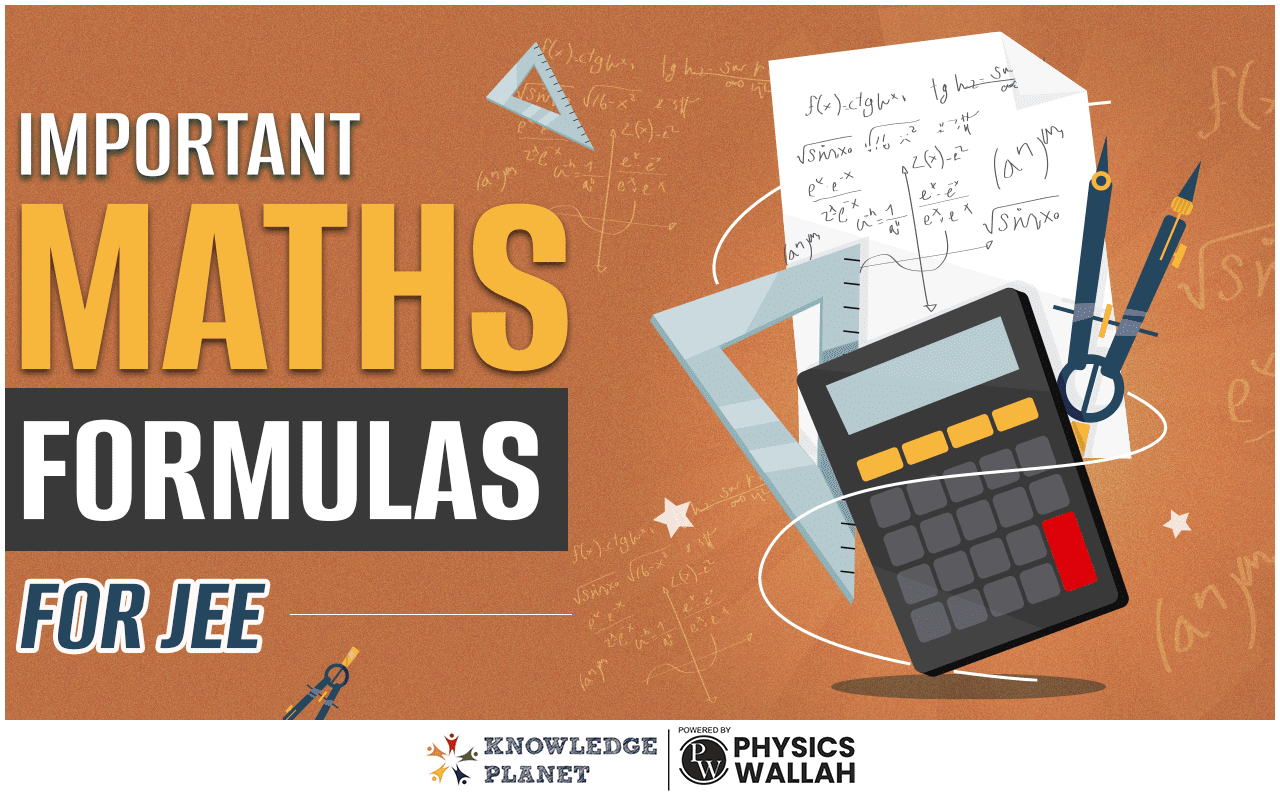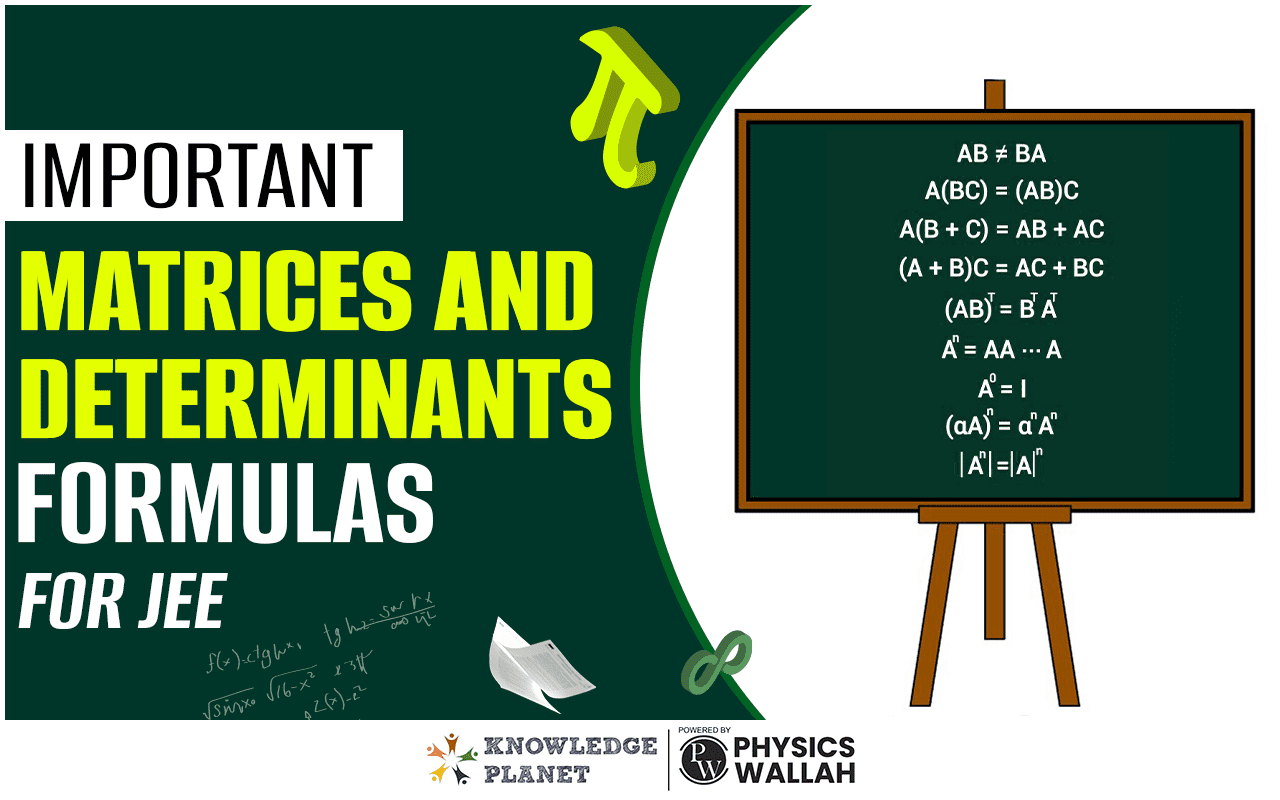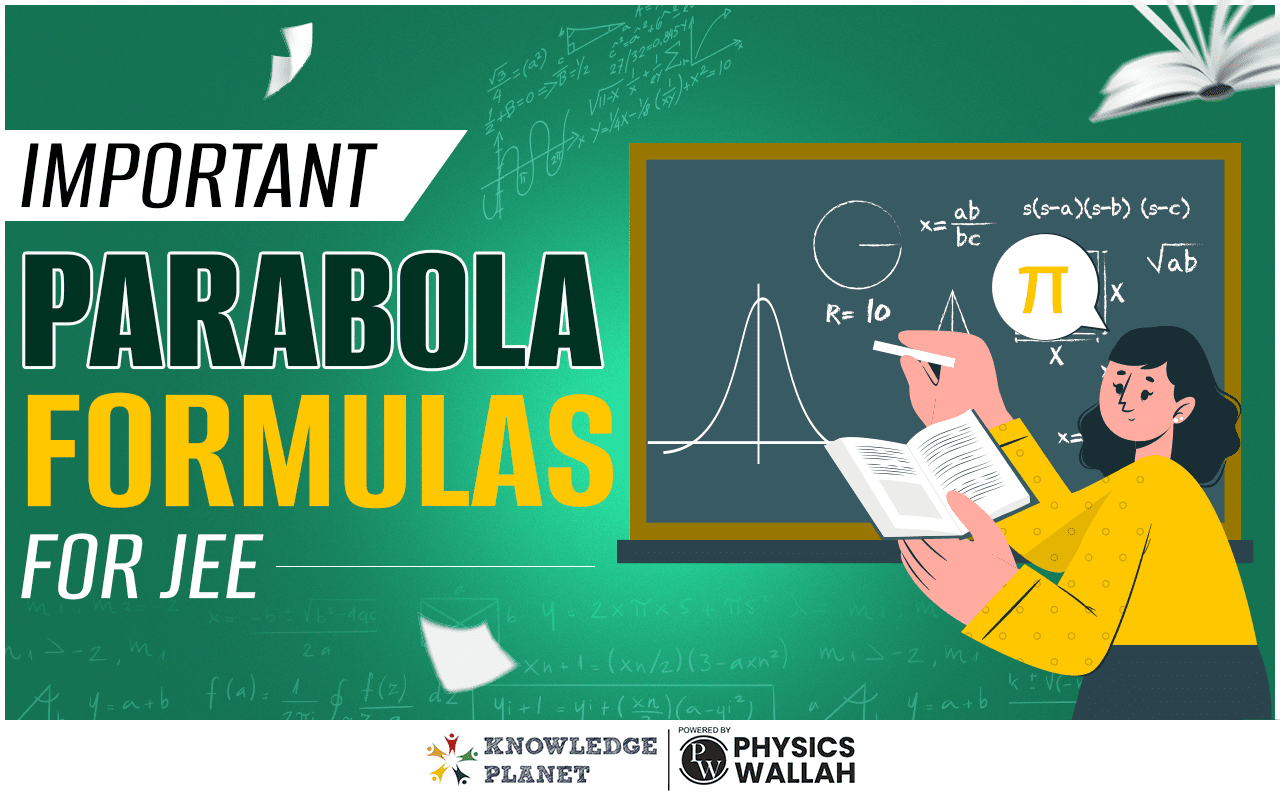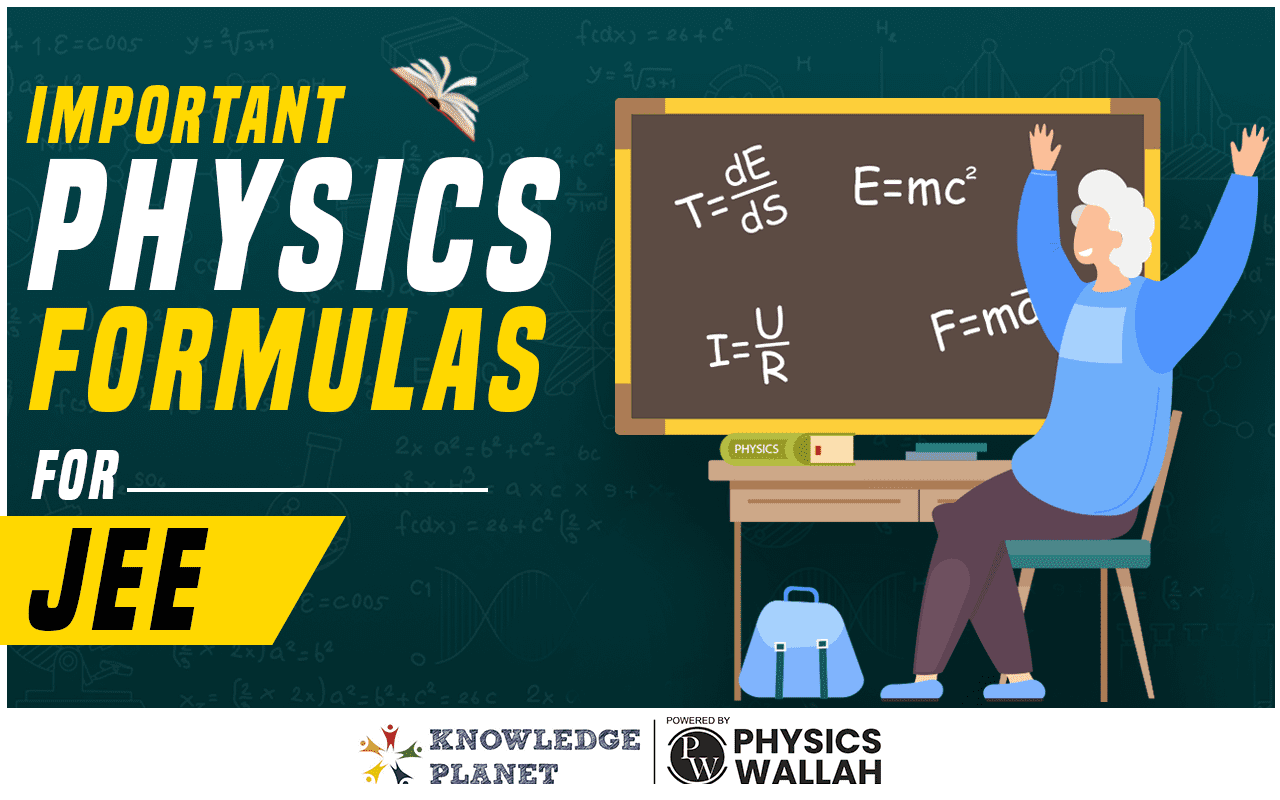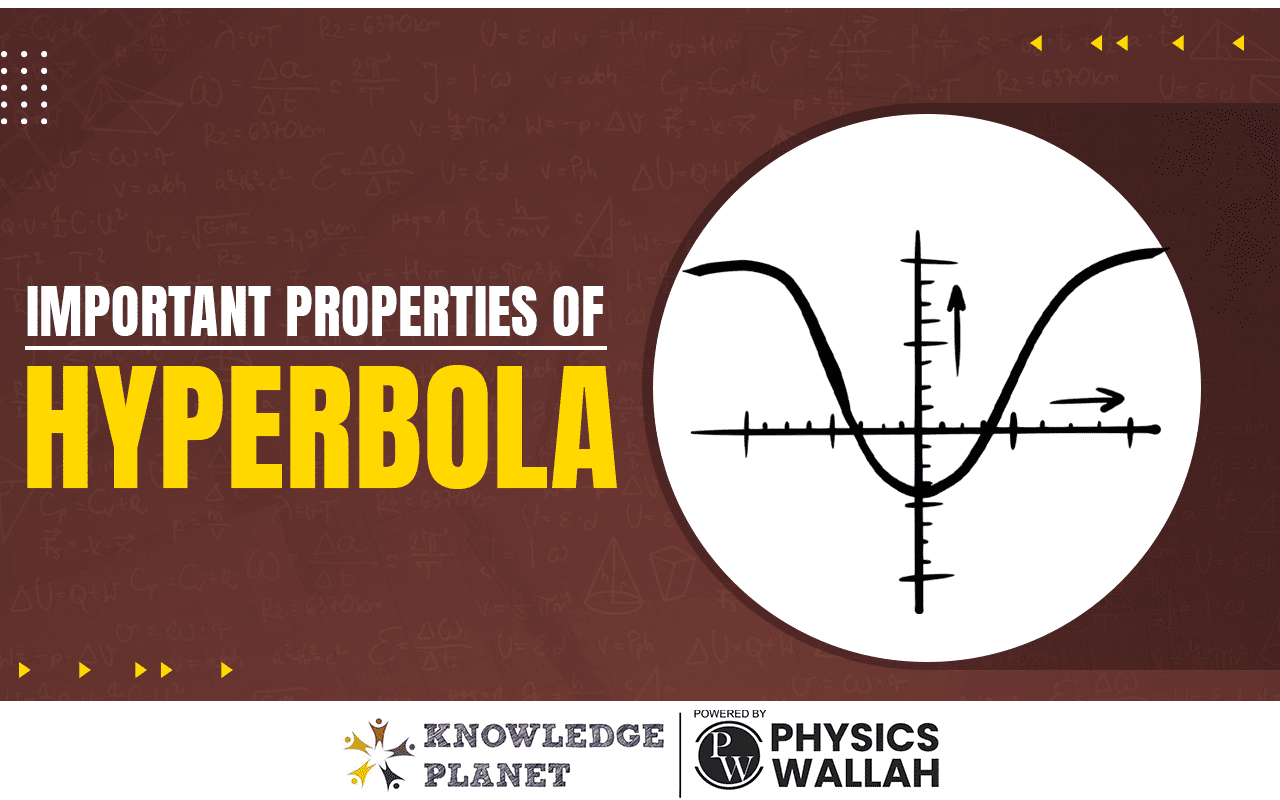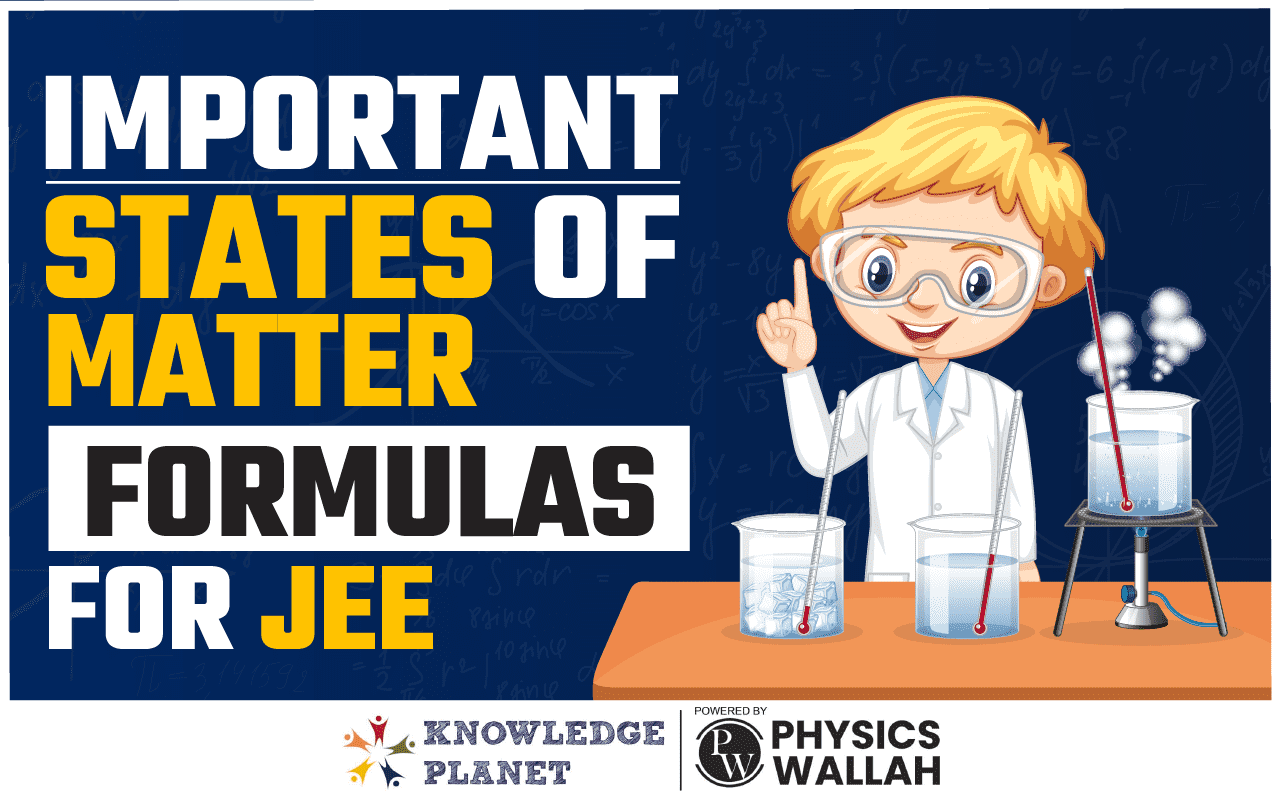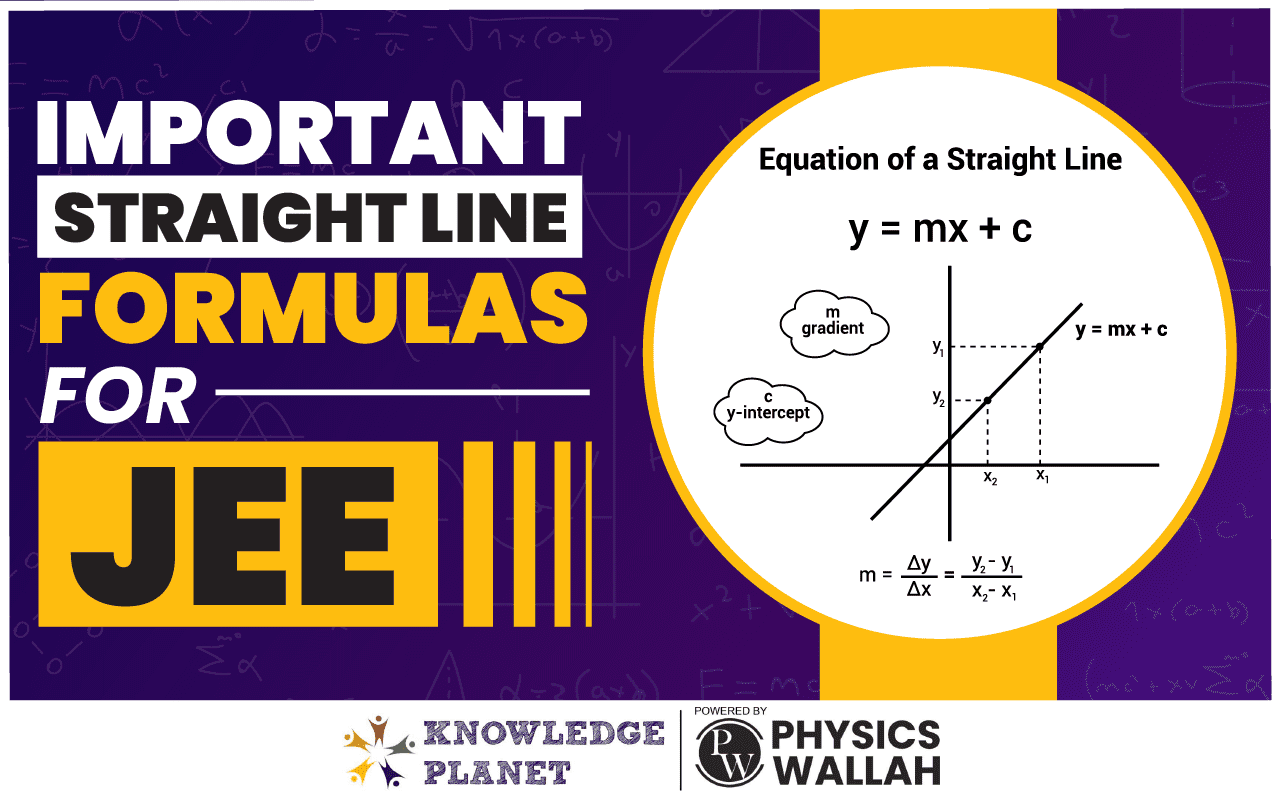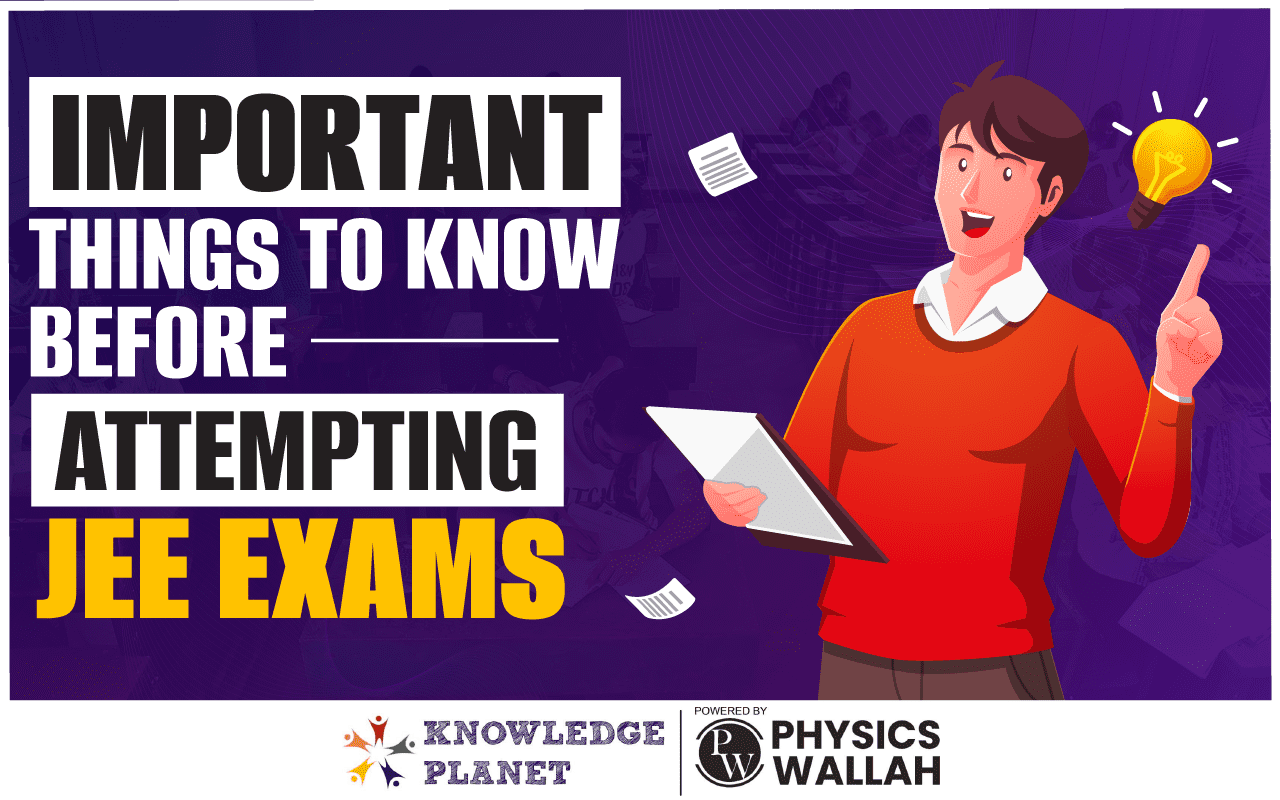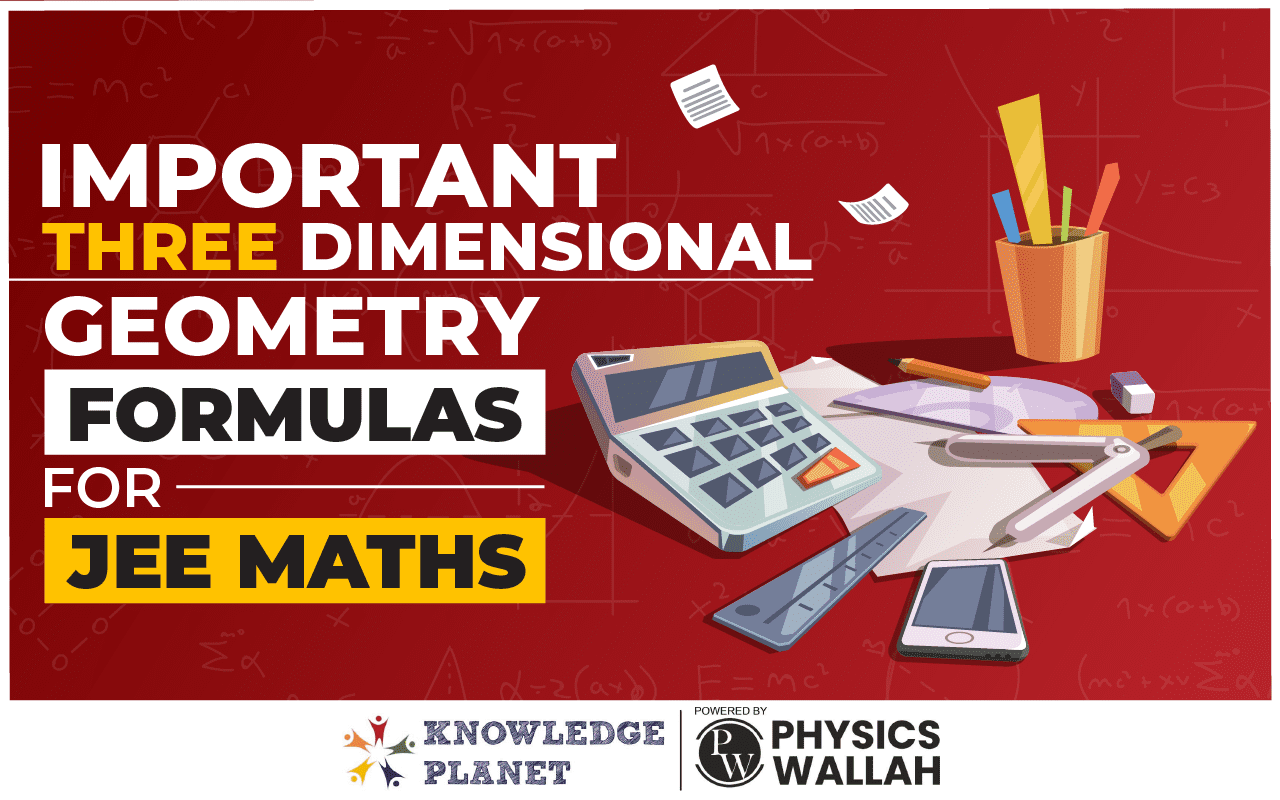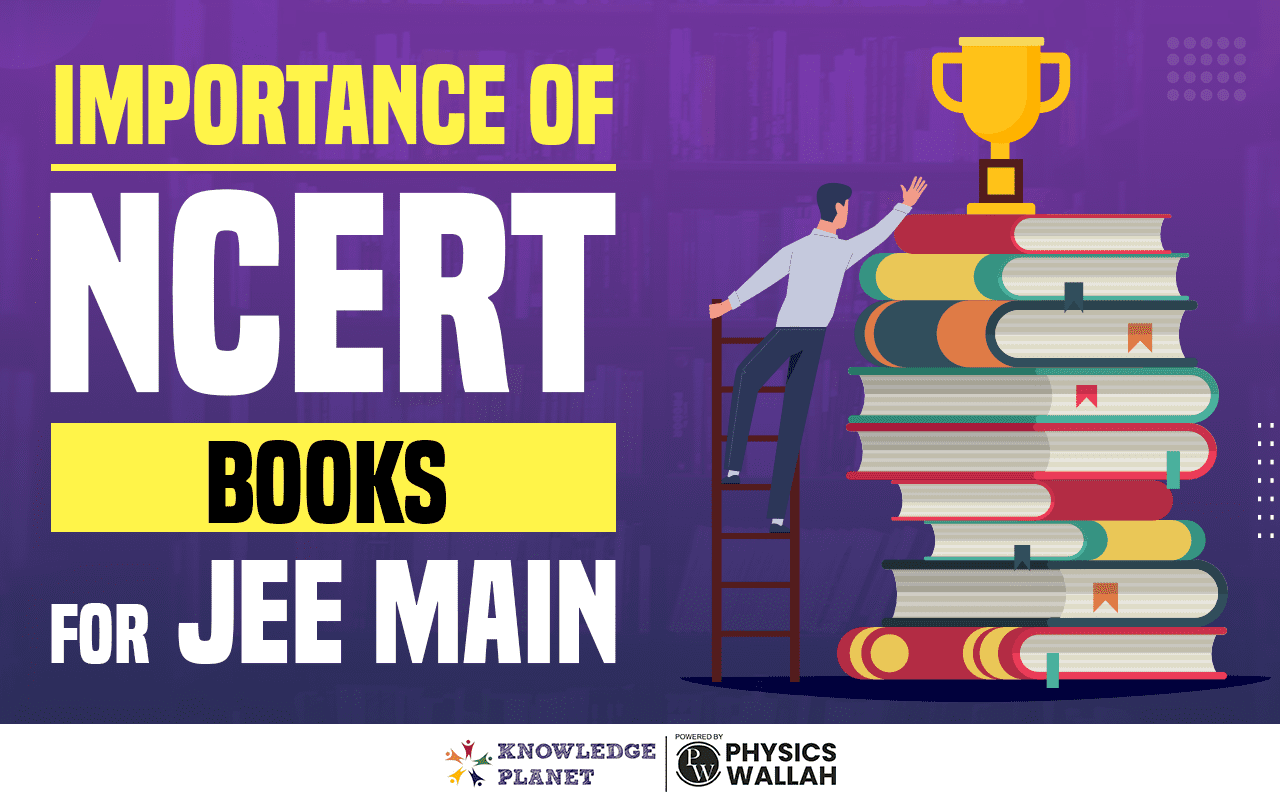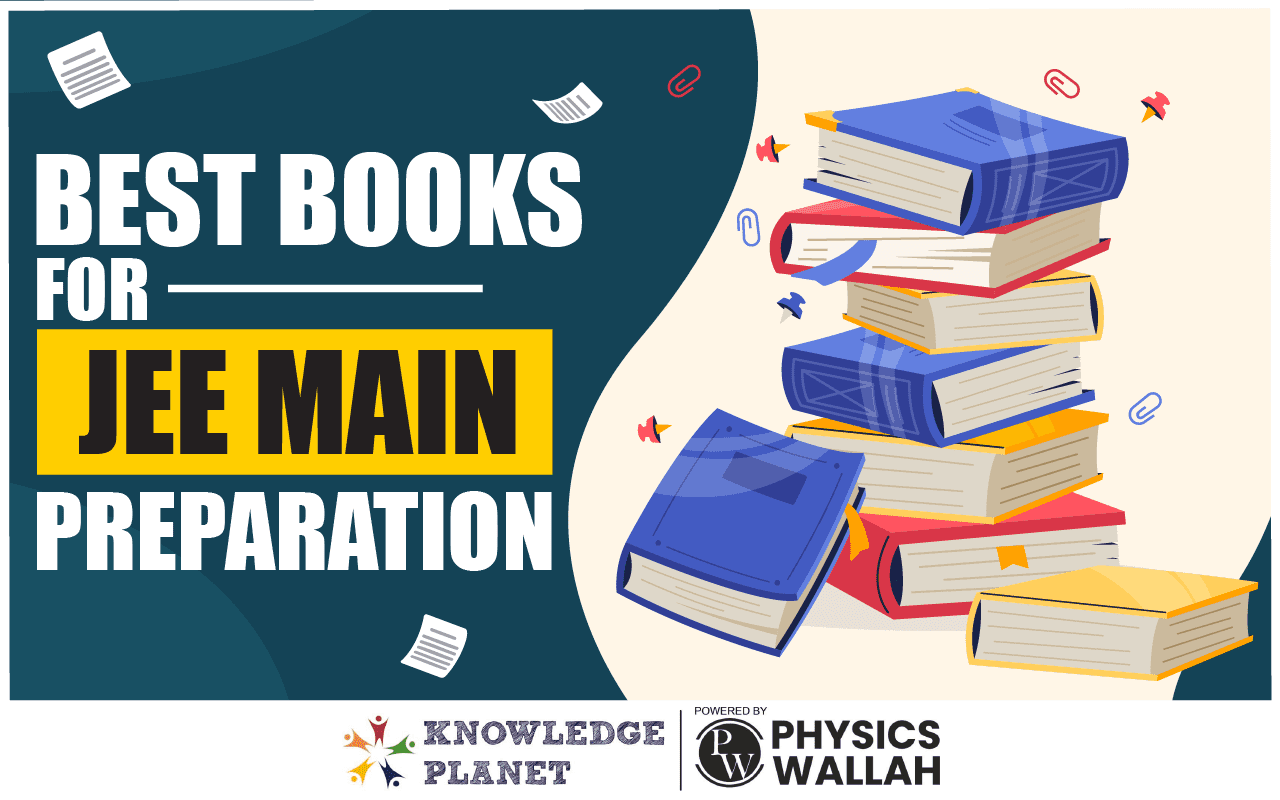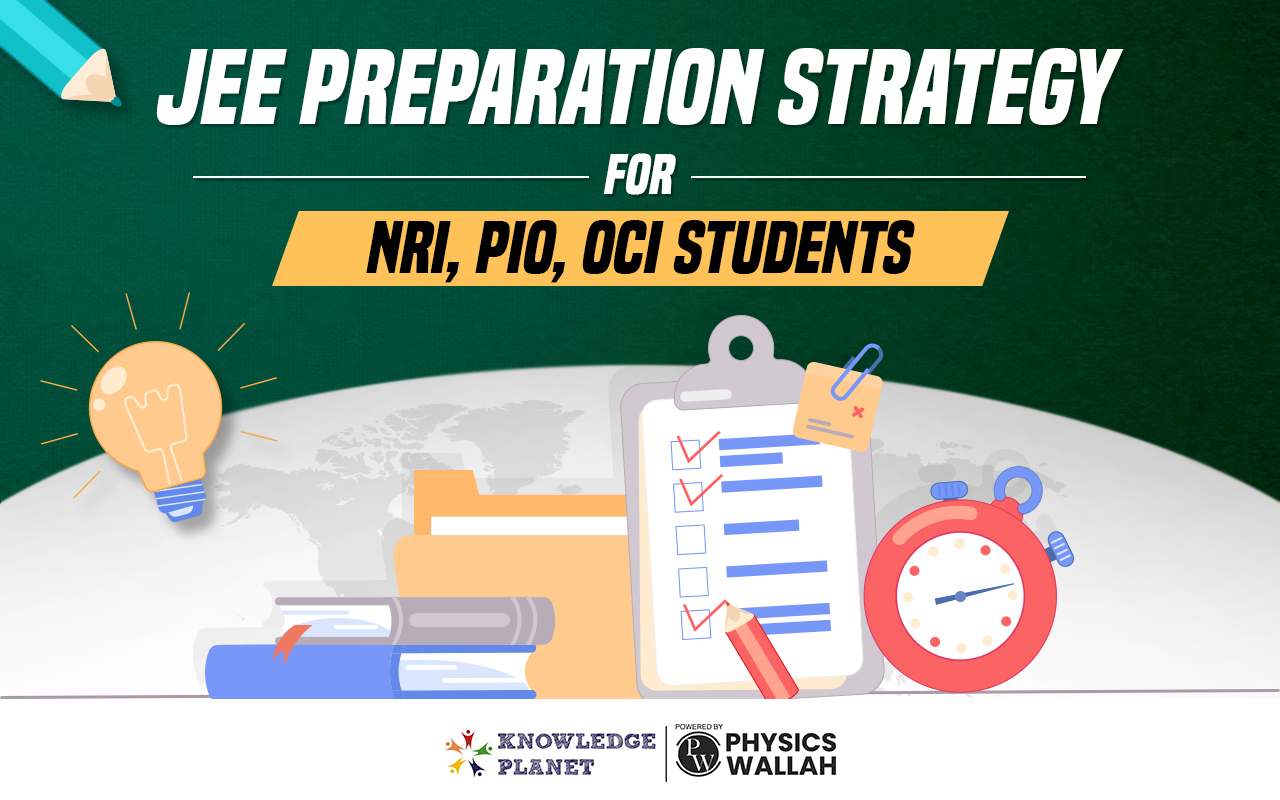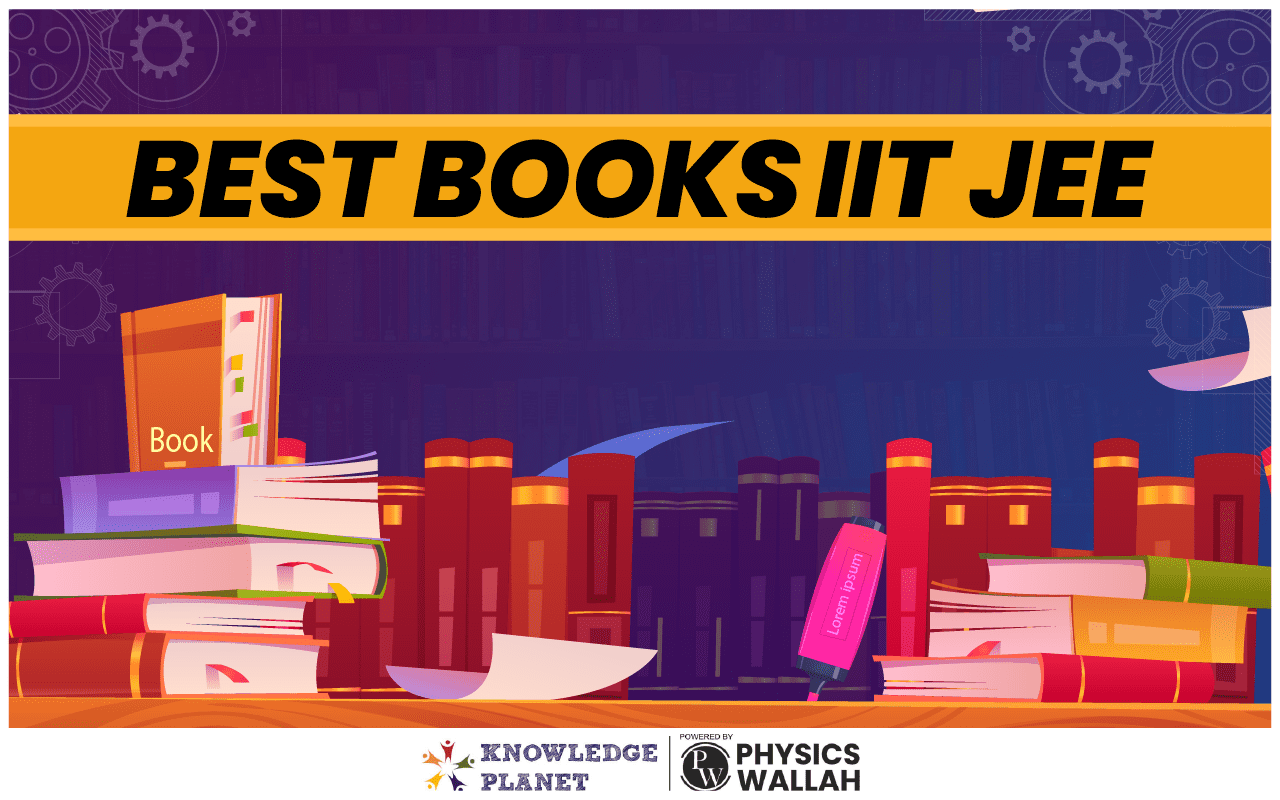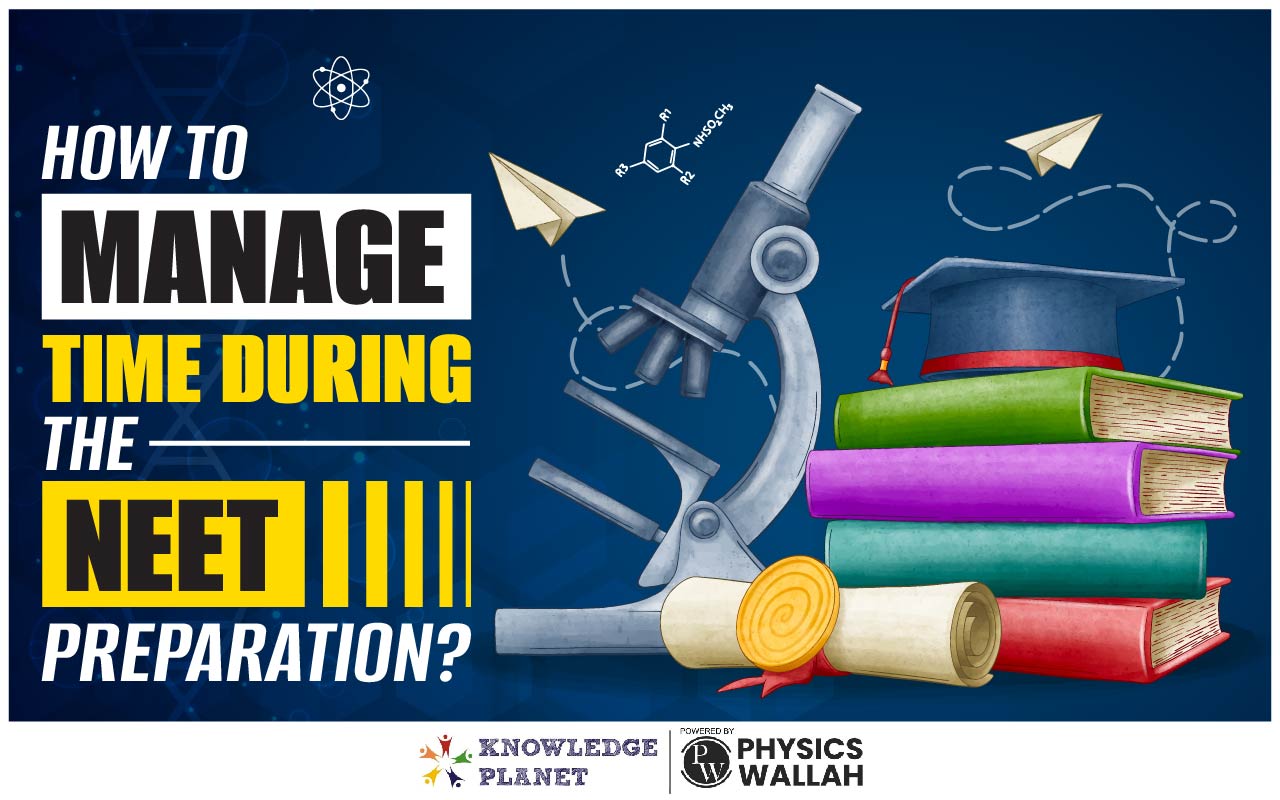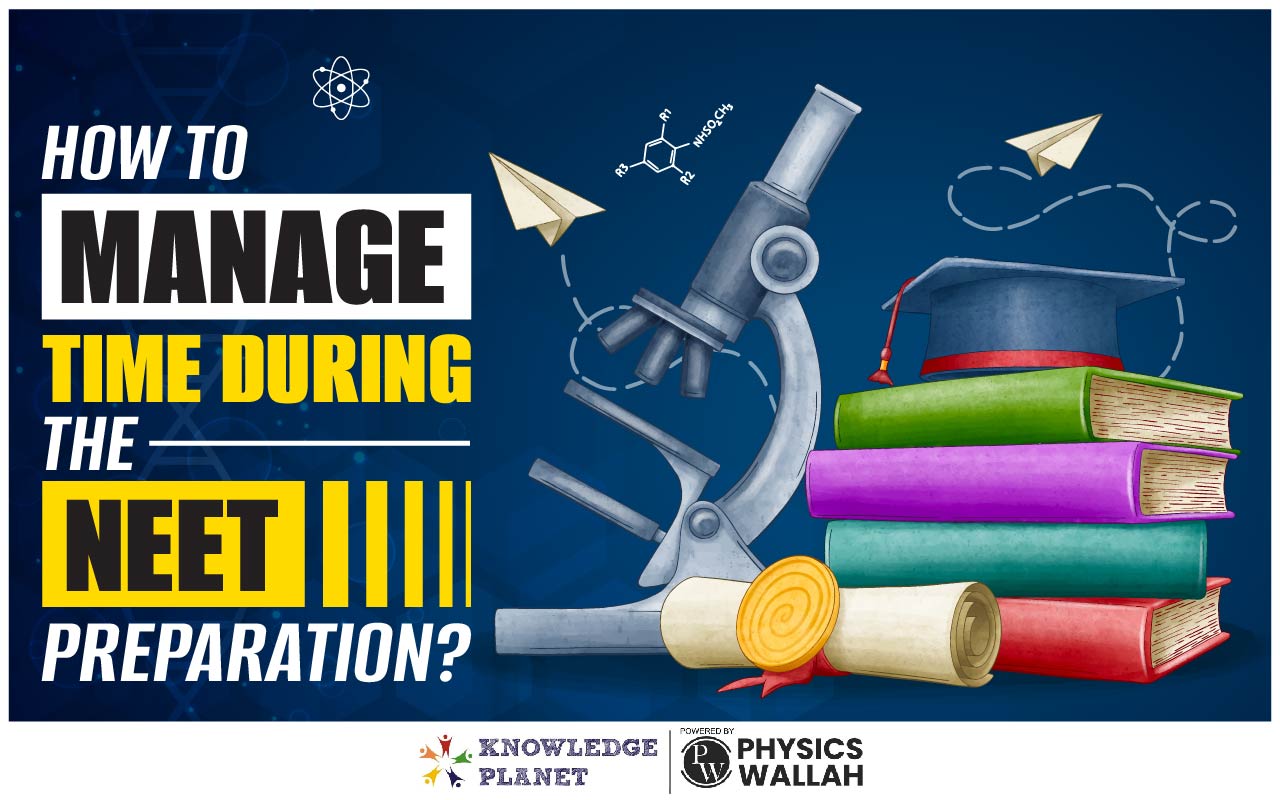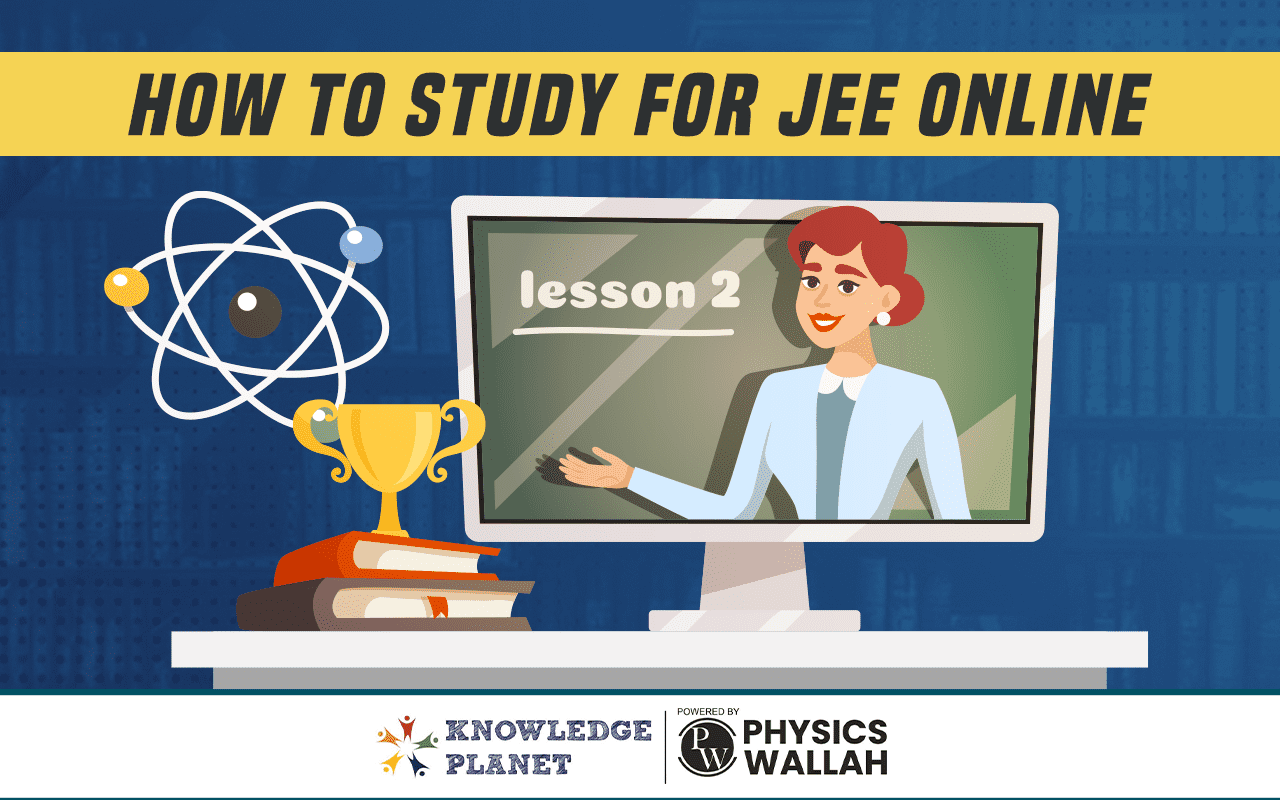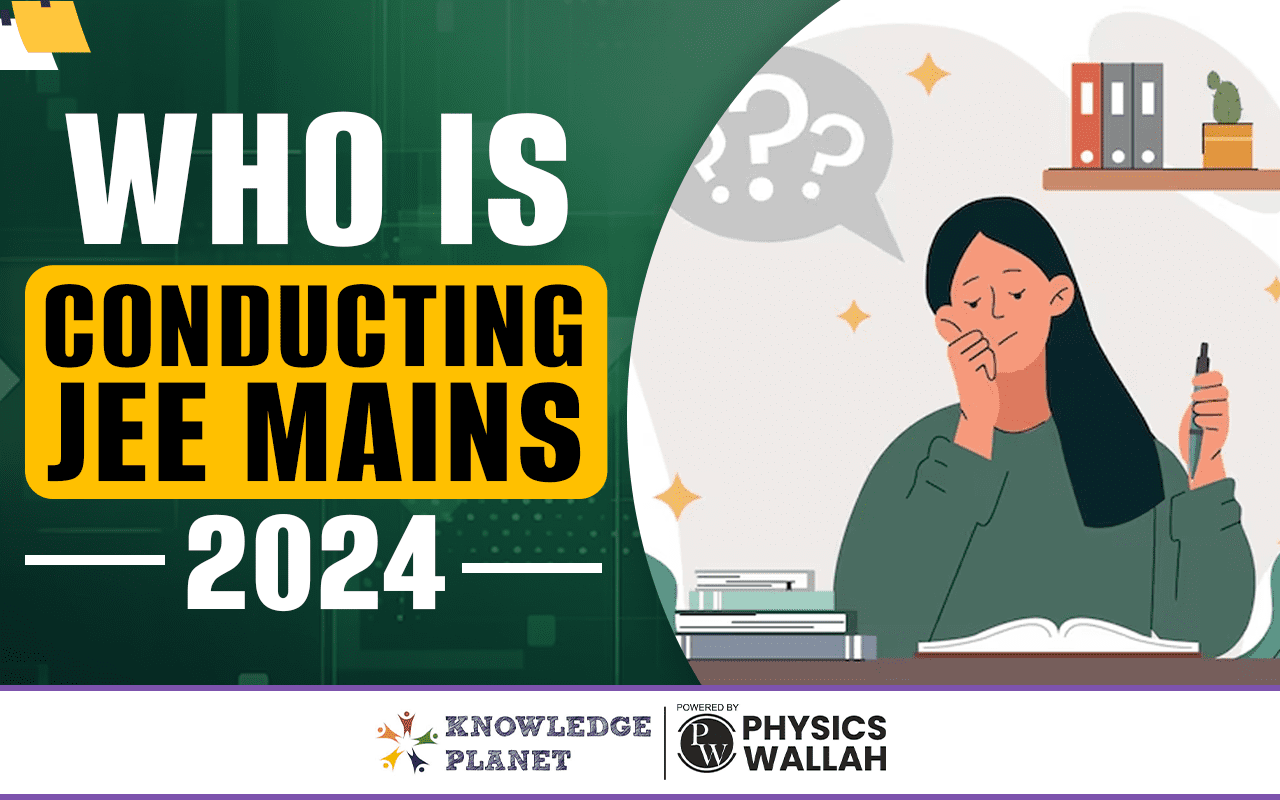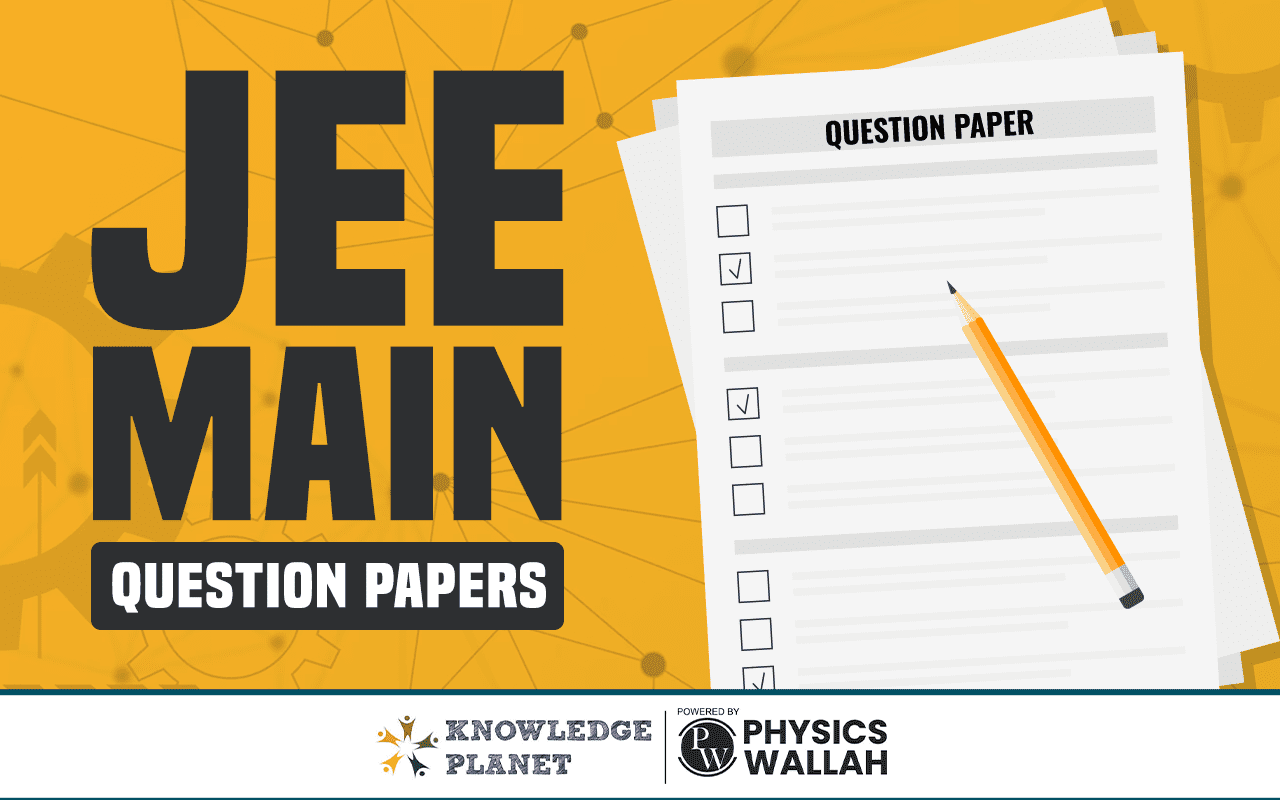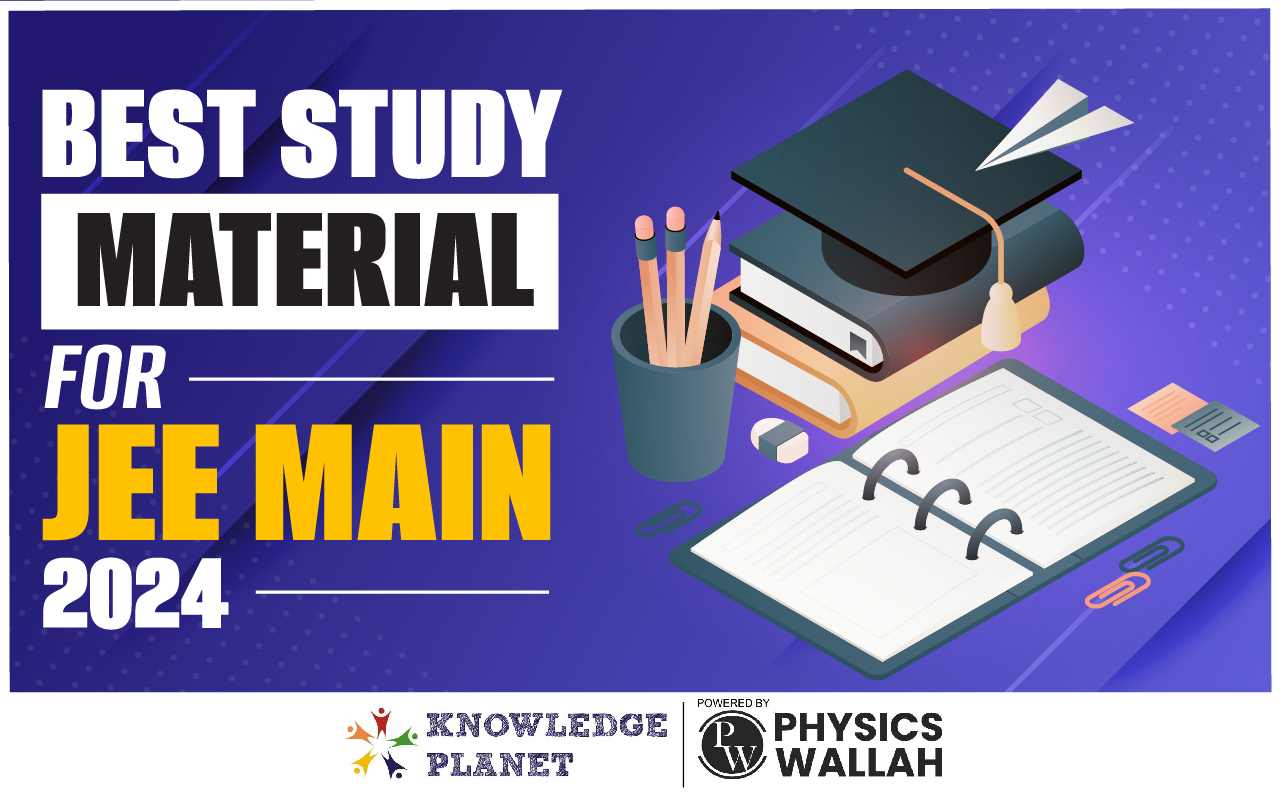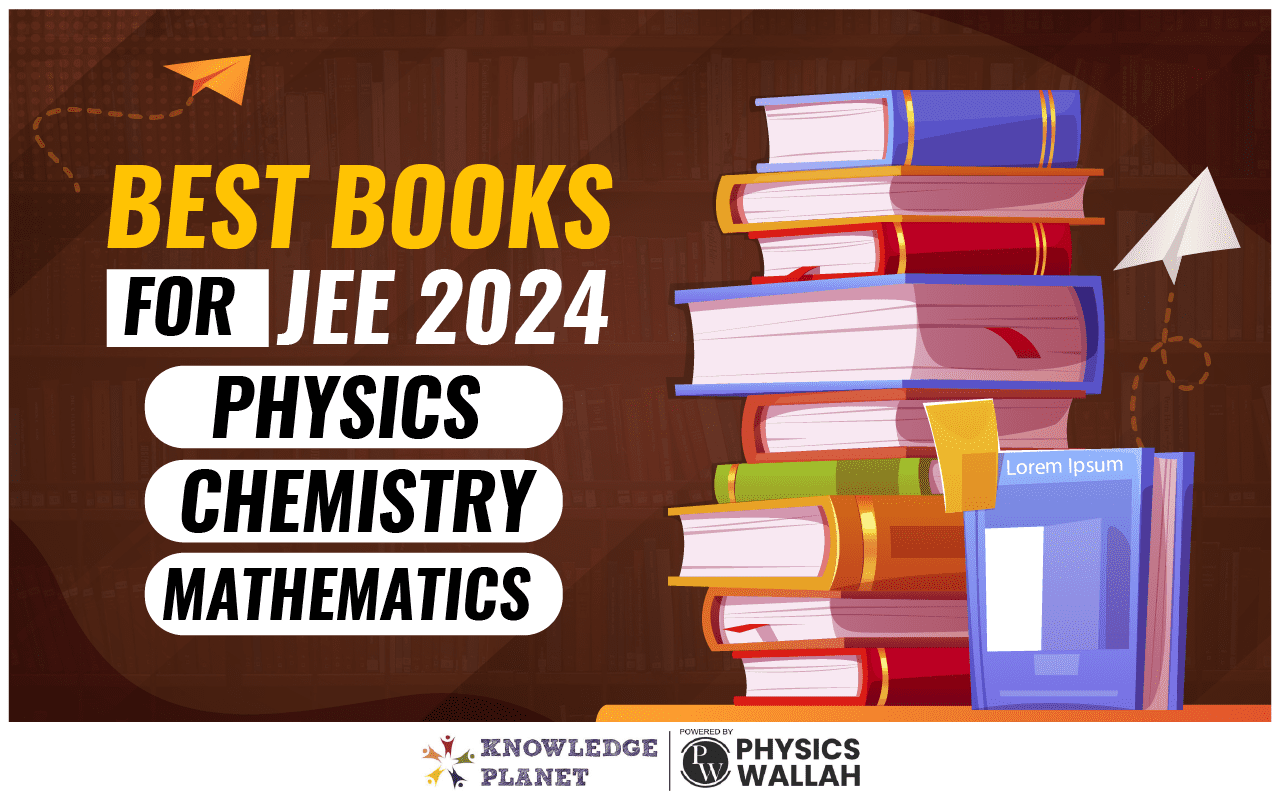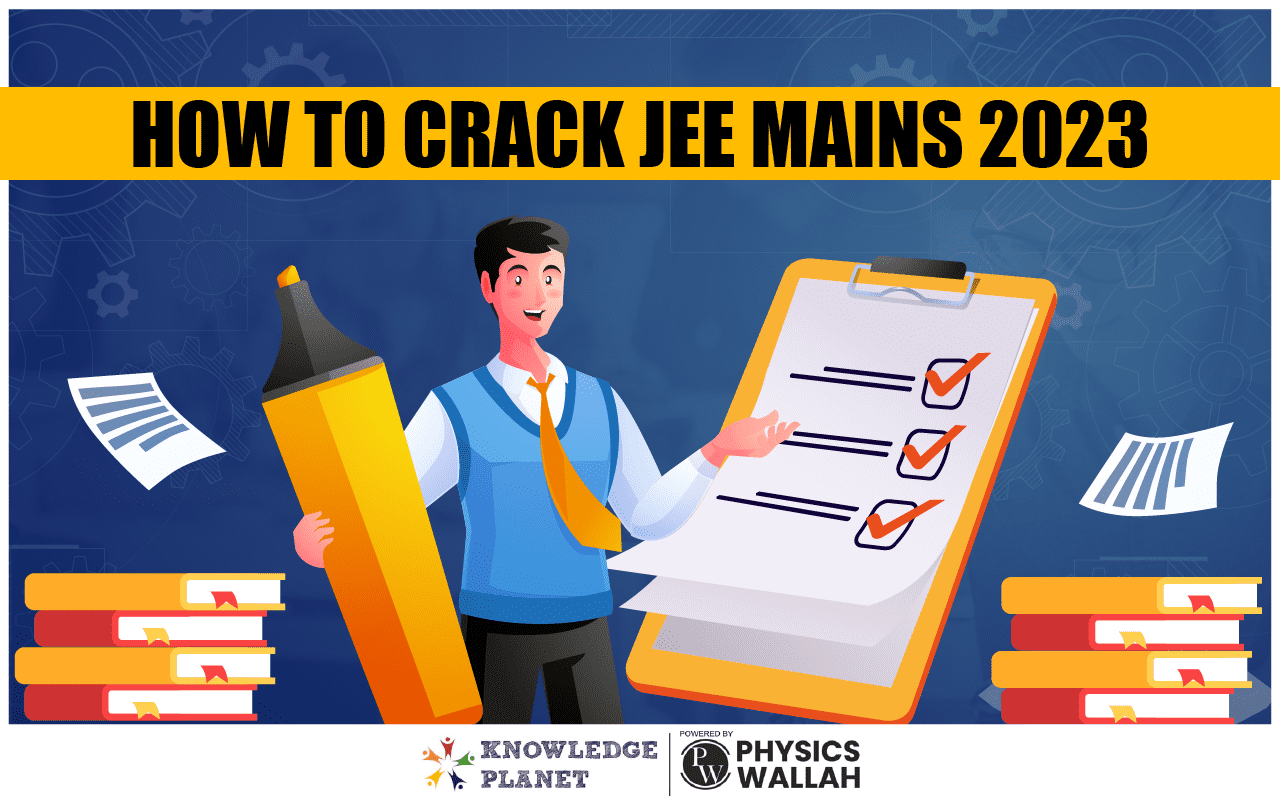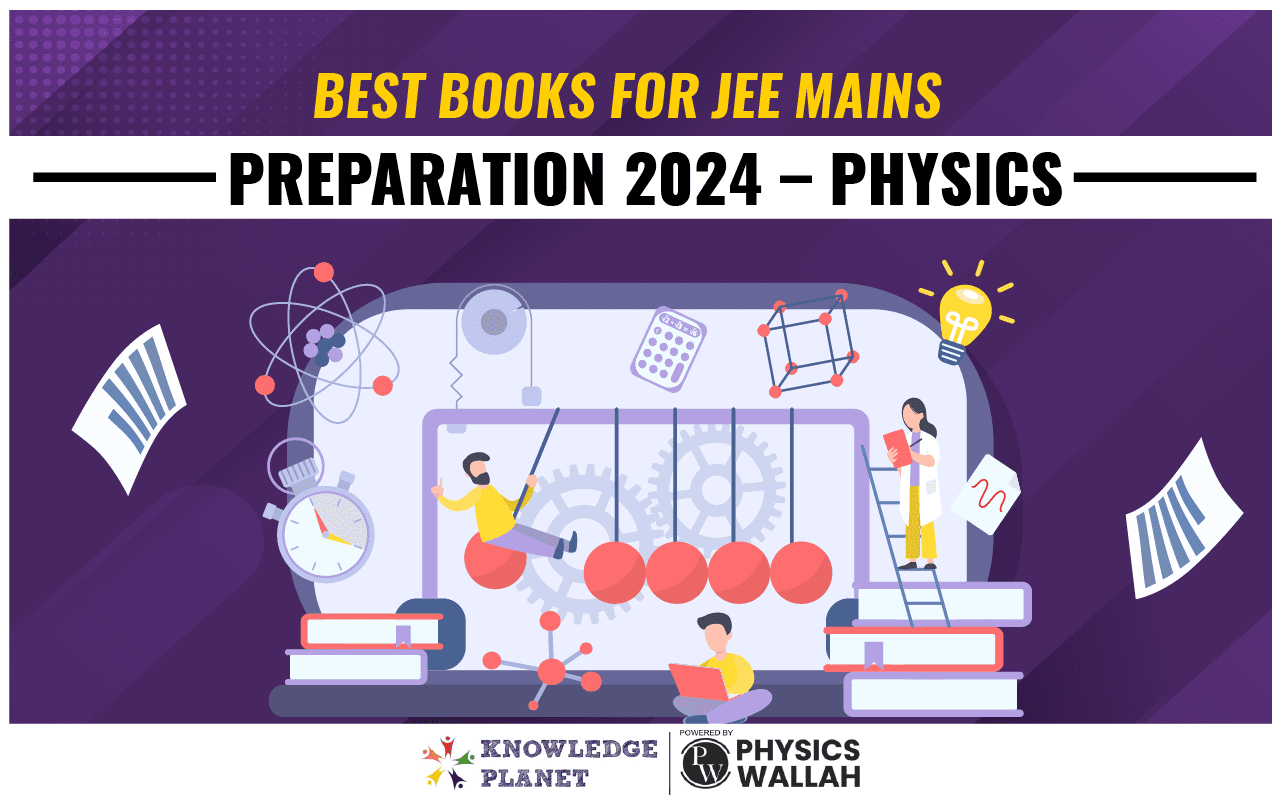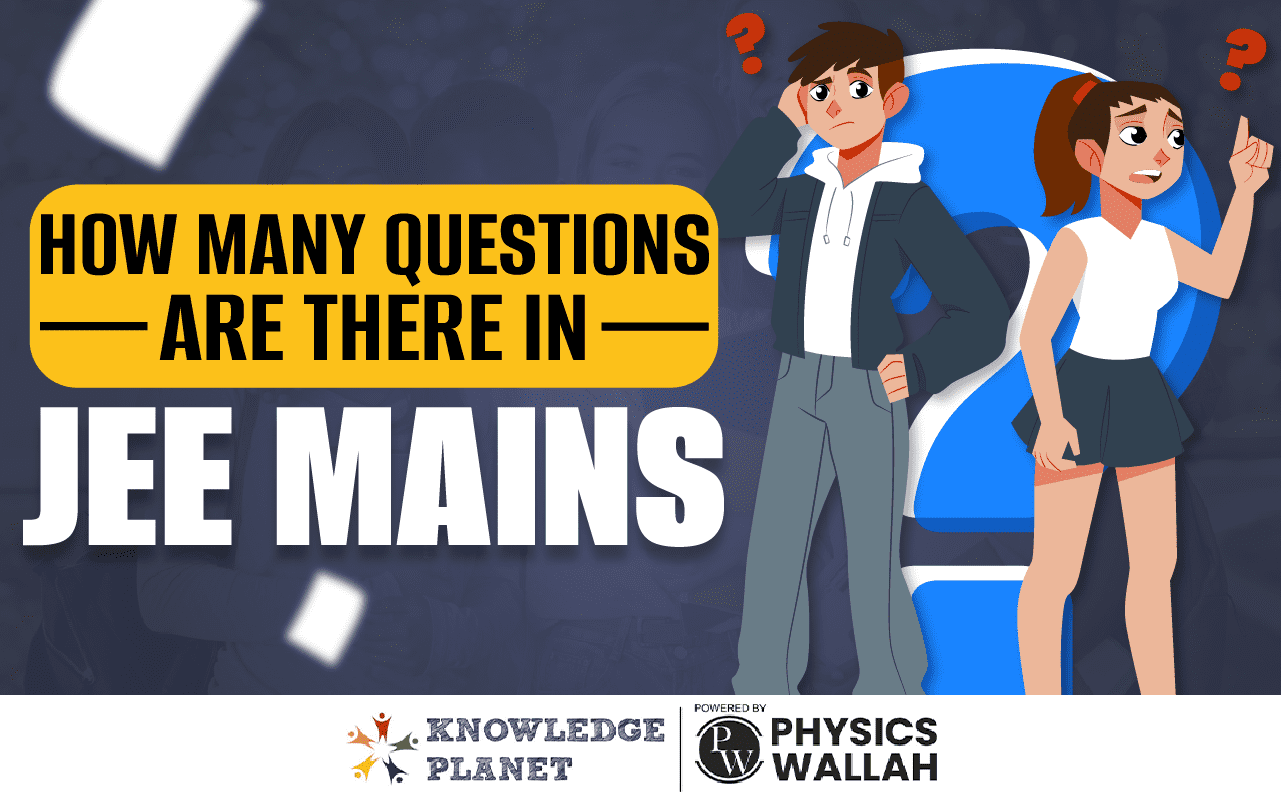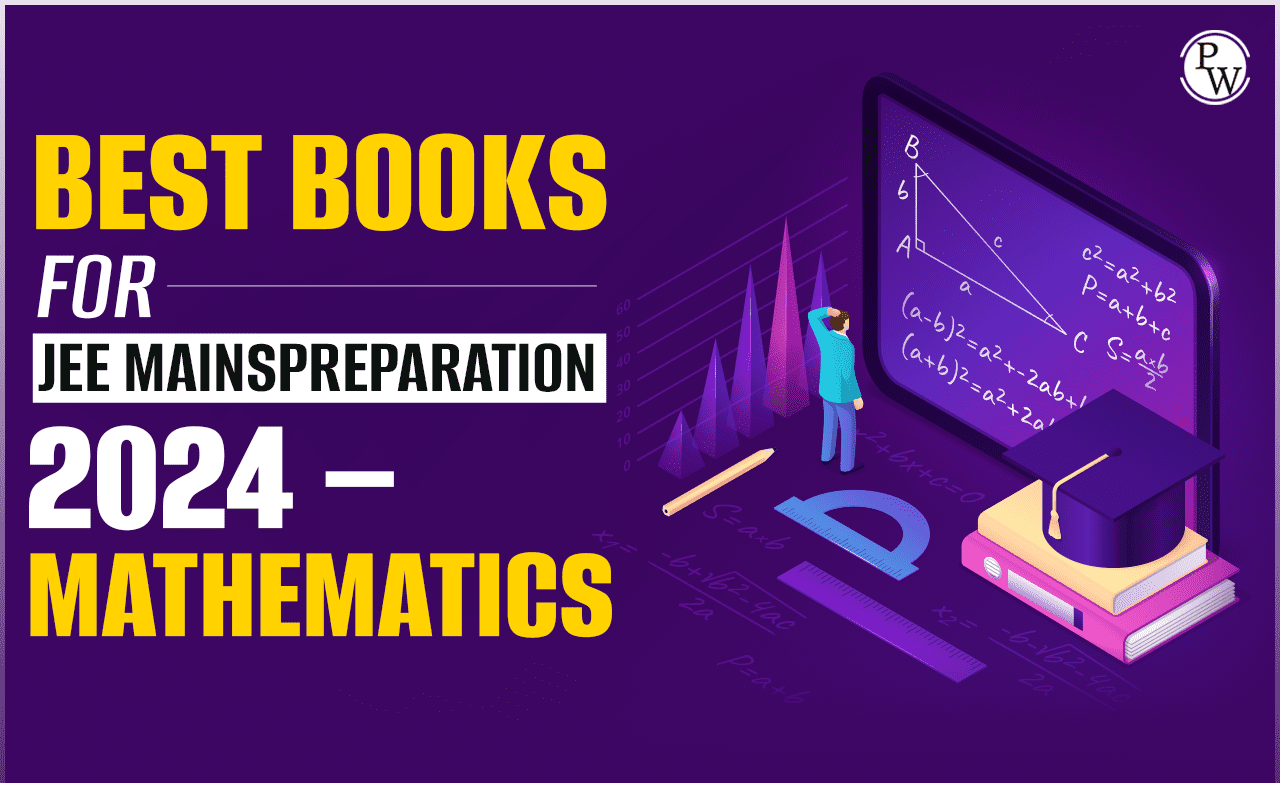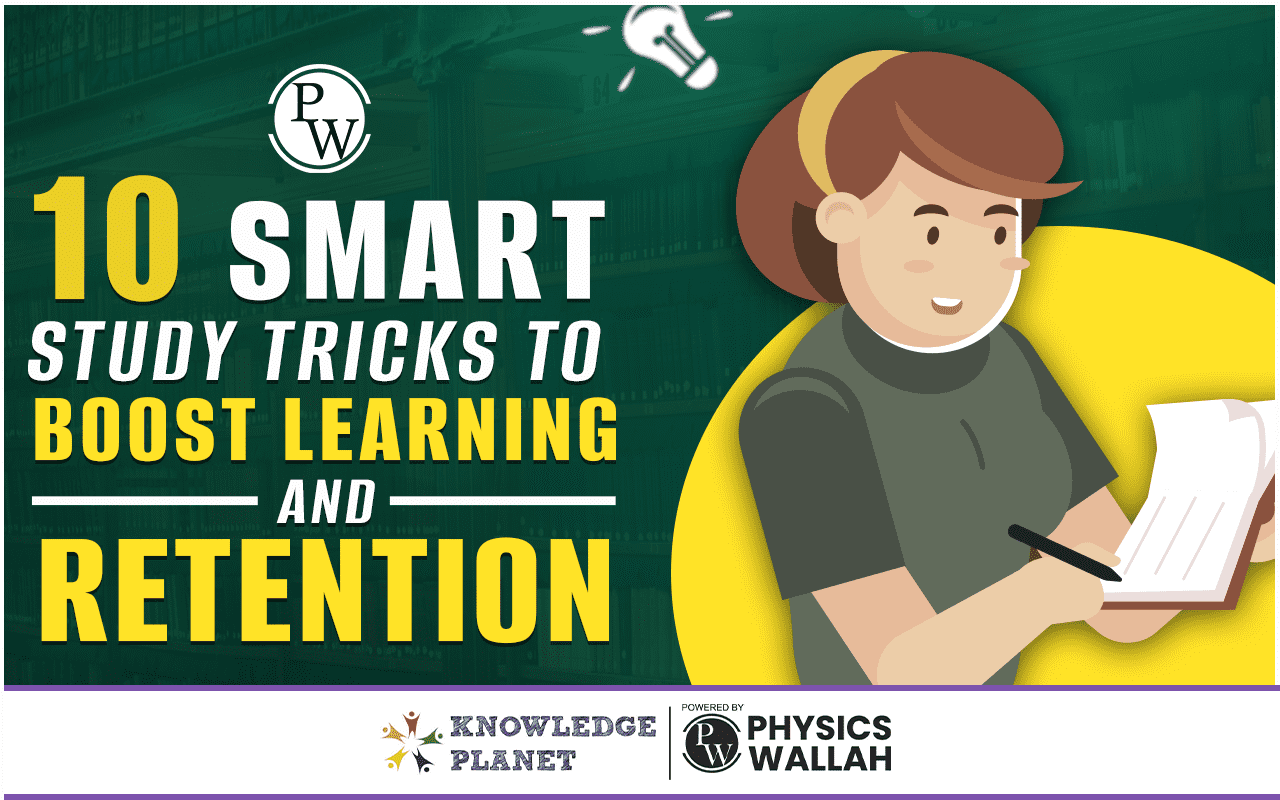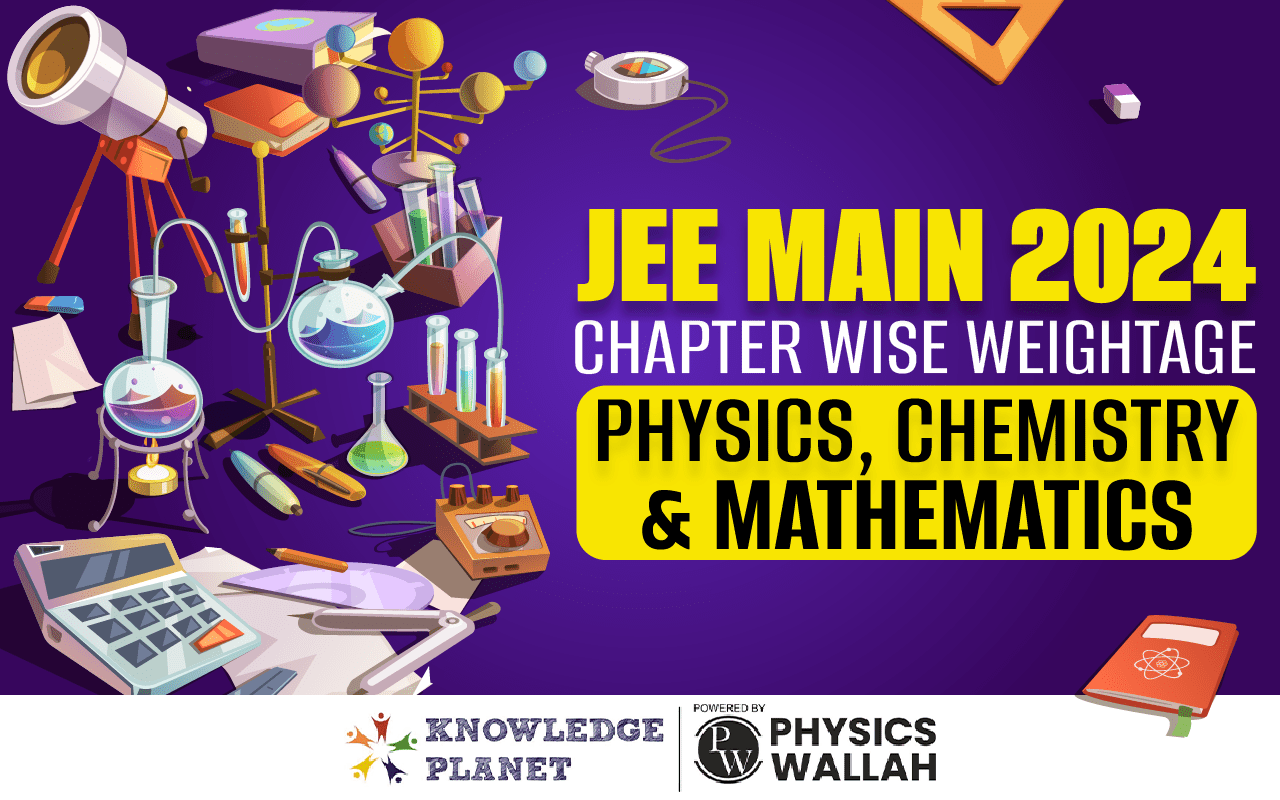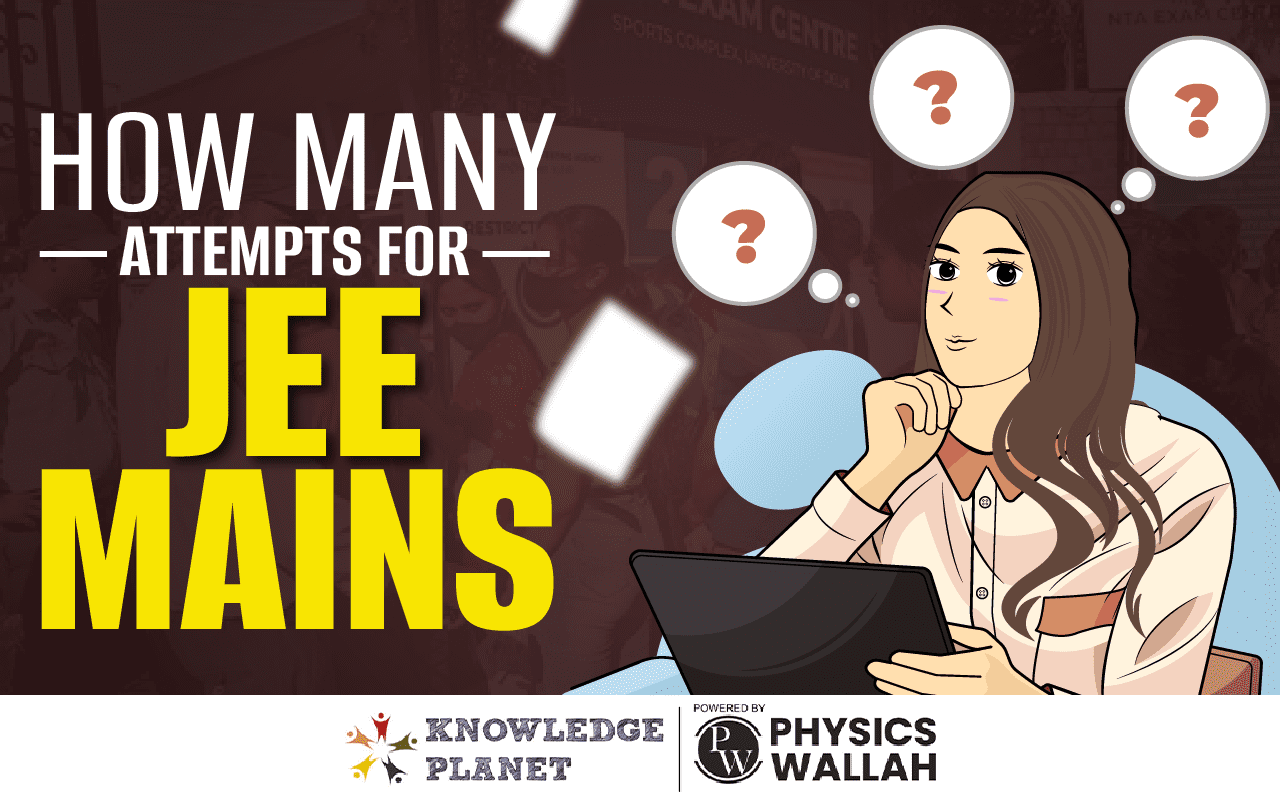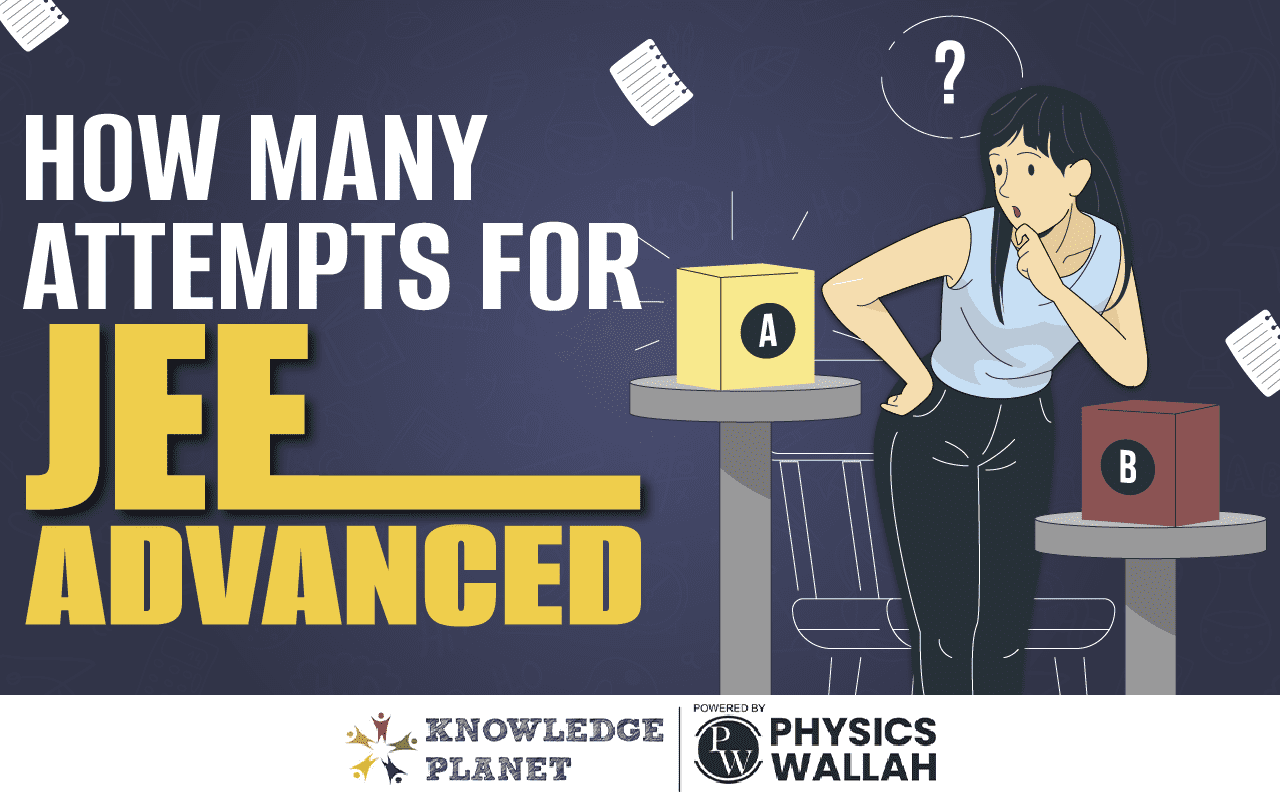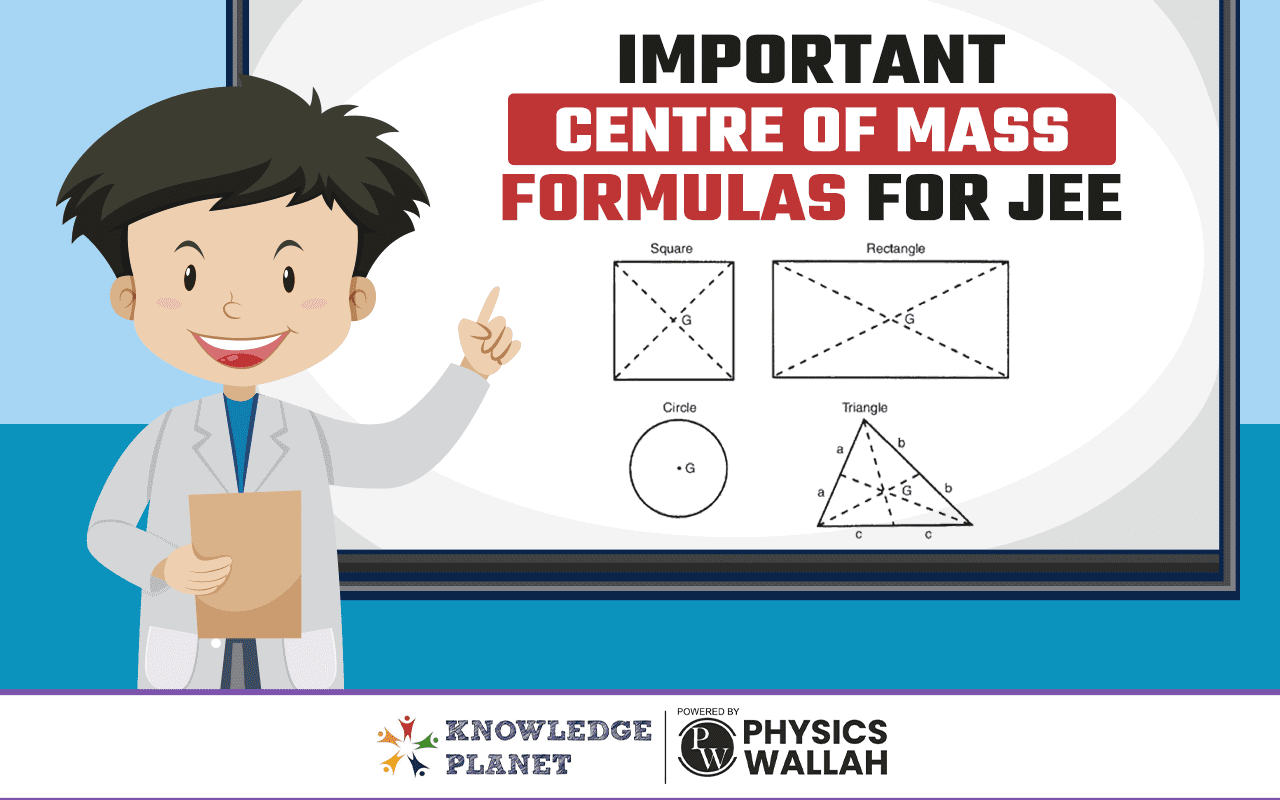Best Physics Books for JEE Main Question Papers introduces advanced concepts that become part of a vast syllabus. This trend is evident in Physics, where challenging concepts are introduced. Despite the difficulty, mastering these concepts is possible. This article focuses on study techniques and tips for Physics, highlighting some of the best exam books, particularly from a JEE perspective.
Physics revolves around natural occurrences and involves the use of mathematics. Understanding these concepts is crucial for JEE's success. Candidates who excel in Physics tend to perform well in JEE exams. Physics preparation requires a distinct approach involving substantial thinking. While it may seem challenging initially, once grasped, it becomes easier to solve any Physics question.
With proper knowledge, every problem becomes solvable. Given students' busy schedules, revising the entire JEE syllabus from various books is impractical. The best strategy is to focus on solving standardized questions and practicing with JEE previous year's papers for a real exam experience.
Best Physics Books For JEE Main 2024
To score well in JEE Mains and JEE Advanced, focus on one or two top physics books from the list below and practice solving previous years' question papers.
Reading multiple books for the love of Physics is excellent, but a targeted approach with selected resources is more effective for exam preparation. The table below gives the list of Best books for Physics to refer to for JEE Main Exam 2024.
|
Best Physics Books for JEE Main 2024 |
||
|
S.no |
Books |
Author |
|
1 |
Concepts of Physics for JEE (Vol. I and Vol. II) |
H.C Verma |
|
2 |
Fundamental Physics |
Halliday, Resnick, and Walker |
|
3 |
IIT JEE Physics 35 years chapter-wise solved papers |
D.C Pandey |
|
4 |
Problems in Physics |
A.A Pinsky |
|
5 |
A Collection of Questions and Problems in Physics |
L.A Sena |
|
6 |
Advanced Level Physics: Examples and Exercises |
Nelkon, Michael, Parker, Philip |
|
7 |
Physics (Vol. I and II) |
Paul A. Tipler |
Important Physics Topics For JEE Question Papers
Physics holds equal importance with other subjects in JEE, requiring practical thinking. It becomes interesting when related to daily life. This understanding not only aids in JEE but also proves valuable in engineering courses and various scientific fields. Specific Physics topics are vital for JEE and hold broader applications in environmental, chemical, and biological sciences, cosmology, and astrophysics.
List of Important Physics Topics for JEE Mains:
-
Atomic Structure in Modern Physics
-
Motion in Two Dimensions and Projectile Motion
-
Properties of Matter and Fluid Mechanics
-
Electrostatics
-
Electromagnetic Induction and Alternating Current
-
Laws of Thermodynamics
-
Circular Motion
-
Current Electricity
-
Rotational Motion
-
Ray Optics
-
Center of Mass and Momentum Conservation (Collision)
-
Classical Magnetism and Magnetic Properties of Matter
-
General Physics
-
Newton’s Laws of Motion
Importance of Physics NCERT Books For JEE
Students widely use NCERT books for JEE Main preparation as these books cover all the topics in the official syllabus. The similarity between the JEE Main syllabus and the CBSE 11th and 12th standard syllabus, coupled with the use of NCERT books by CBSE, makes them a preferred reference material. Familiarity with these books since the 11th and 12th standards adds to their importance in JEE Main preparation.
The importance of the Physics NCERT Book is listed below:
-
NCERT books cover topics similar to the JEE Main syllabus.
-
Many questions in JEE Main papers have been repeated from NCERT Physics books, providing a solid foundation.
-
Basic concepts of Physics are discussed clearly in NCERT books, contributing to well-defined preparation.
-
NCERT 11th and 12th standard books help us understand basic concepts of Physics in a detailed manner.
-
JEE Main toppers and experts recommend NCERT for preparation, emphasizing its sufficiency for qualifying JEE Main.
10 Best Preparation Tips to Prepare Physics Effectively
-
Start JEE preparation in class 11 to build a strong foundation.
-
Attend classes regularly to grasp basic concepts and clarify doubts promptly.
-
Utilise NCERT books for understanding fundamental concepts.
-
Prioritise chapters with higher weightage for JEE Physics.
-
Regularly revise previously covered concepts to reinforce learning.
-
Create a formula notebook and document derivations from the syllabus.
-
Solve previous year’s JEE Physics questions to gauge understanding.
-
Take mock tests closer to the exam to simulate JEE conditions.
-
Familiarise yourself with the online exam mode and handle exam pressure.
-
Analyse performance in mock tests for targeted improvement.
To do well in JEE Physics, focus on understanding the concepts, practicing problem-solving, and applying theory practically. Consistent practice and dedication are essential for success. Best of luck on your JEE journey!
Best Physics Books for JEE Main FAQs
Q1. How can I improve my Physics Subject for JEE Main Exam Paper?
Ans. Practice is vital in improving problem-solving skills in physics for JEE. Solve question papers, including past and sample papers. Understand the reasoning behind each answer, especially in numerical problems. Additionally, take mock tests to familiarise yourself with the exam pattern and types of questions.
Q2. Which study Material is best for studying Physics?
Ans. To pick the best Physics study material, choose ones that match the exam format. When preparing for JEE, select materials that help you study well and maximize your time.
Q3. Is H.C Verma considered a good Physics JEE Main Exam book?
Ans. Yes, H.C. Verma's book is excellent for JEE preparation. It explains topics well. But for more practice and solving problems, you can also use other books like D.C. Pandey.
Q4. Should I start with NCERT Physics or H.C. Verma?
Ans.NCERT is the base book, so one should start with the base study material and switch to another.
Q5. Which is the most challenging book for Physics JEE Main Exam?
Ans. Problems in General Physics by IE Irodov is considered the most challenging physics book.

DASA Admission for NRI Students 2026 requires JEE Main scores for UG and GRE/GMAT for PG admissions. Registration starts online at dasanit.org in June 2026, with 15% supernumerary seats and a CIWG quota. Tuition fees are around USD 4,000 per semester (USD 2,000 for CIWG), and counselling will be conducted online in July after JEE Main results.


















